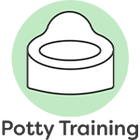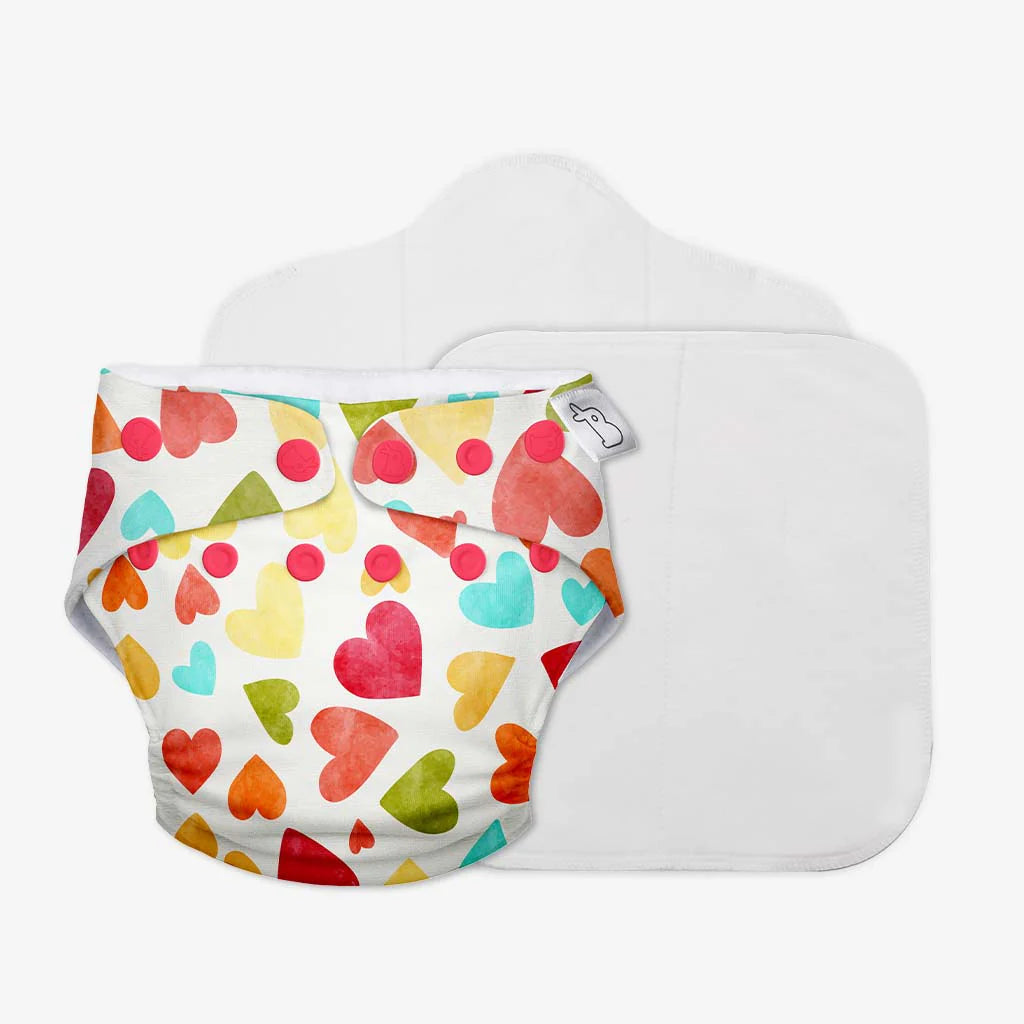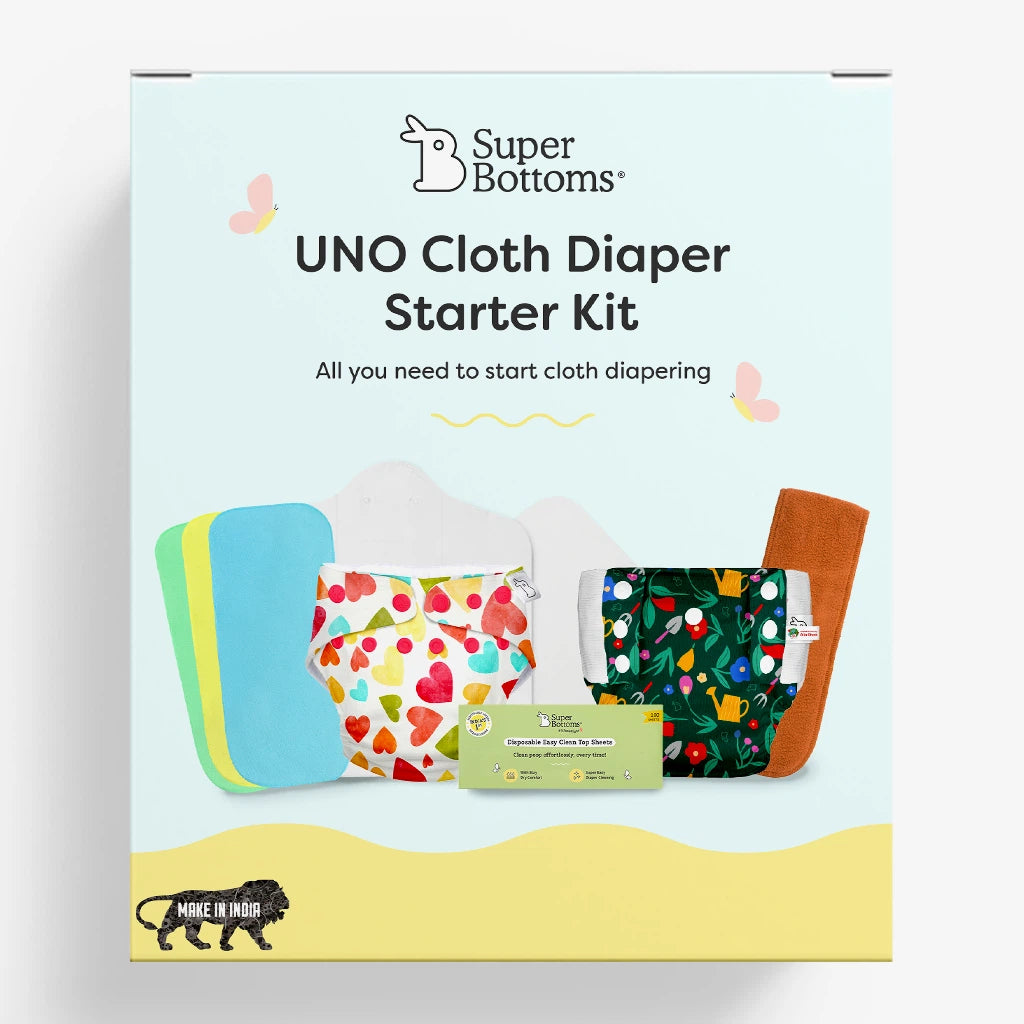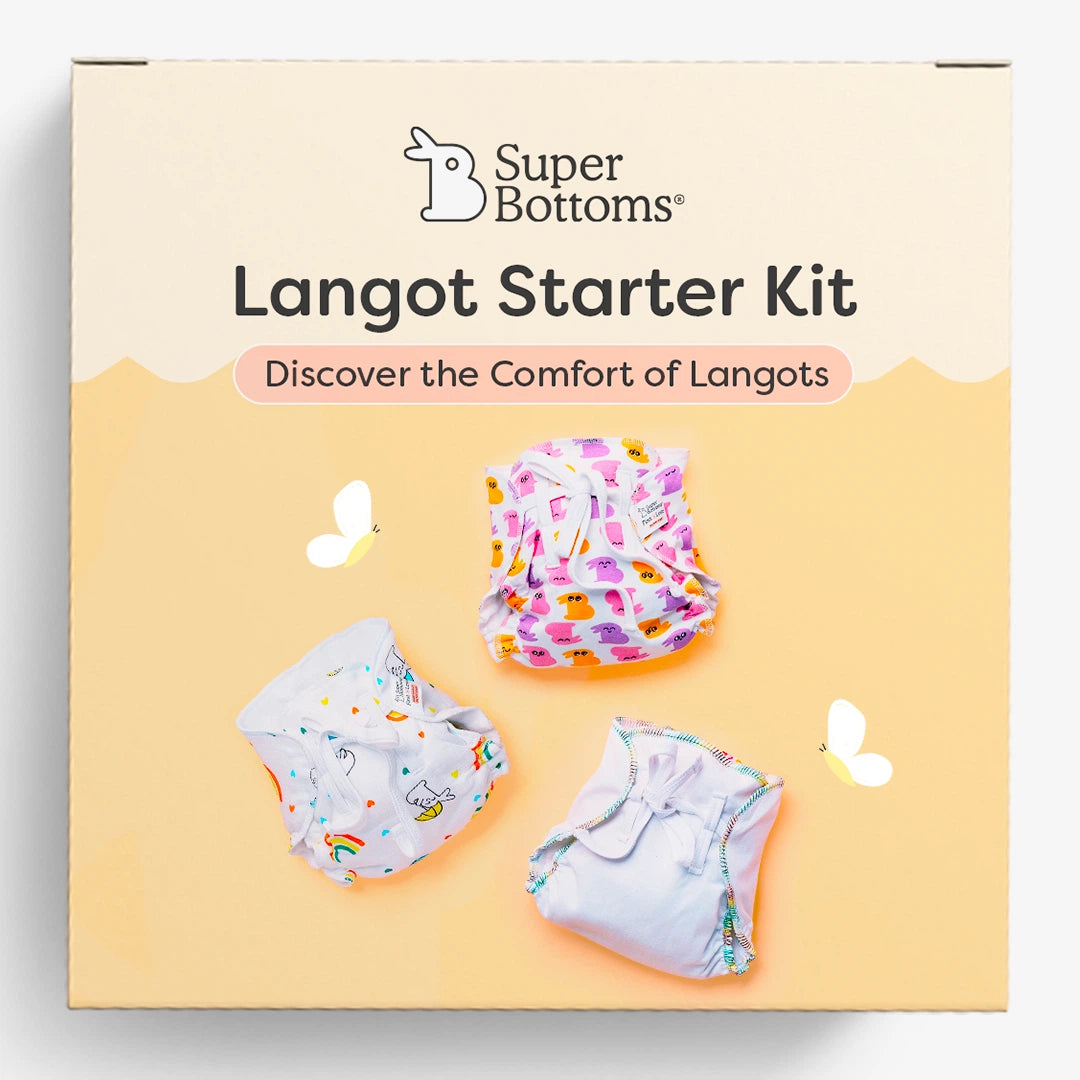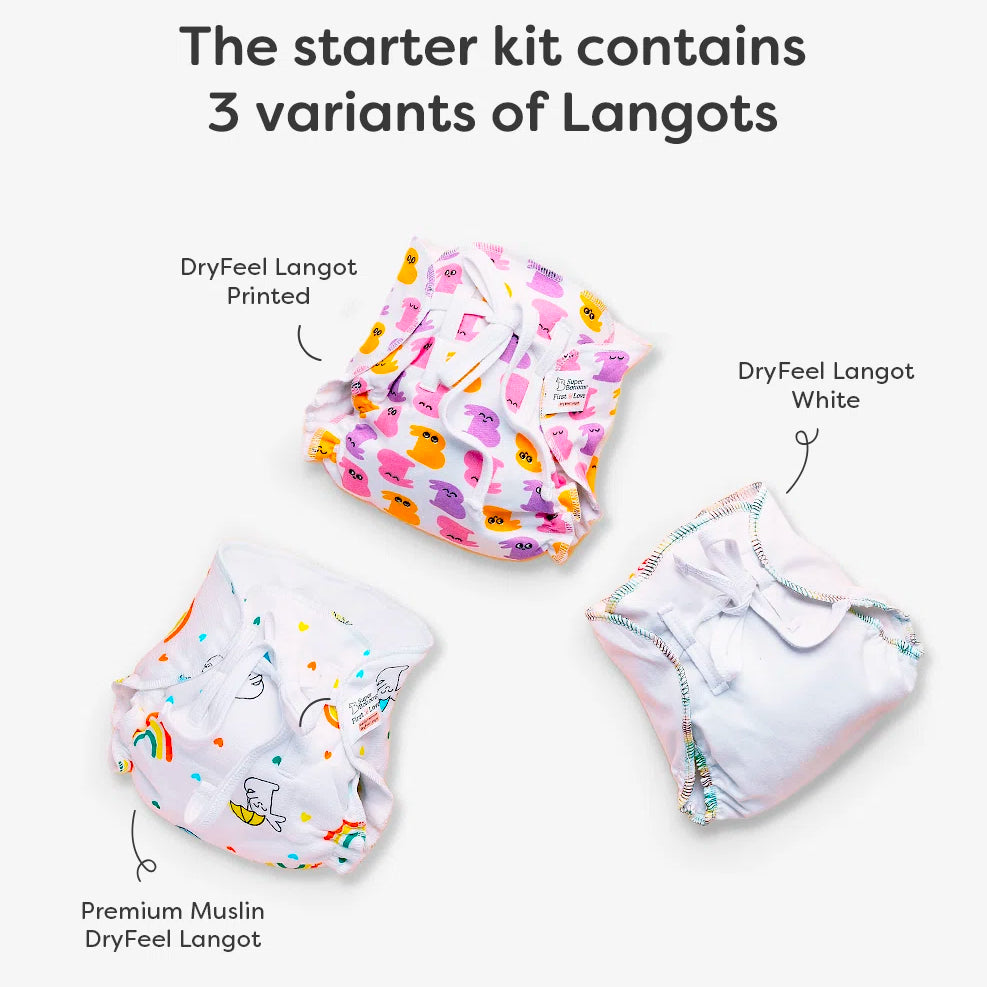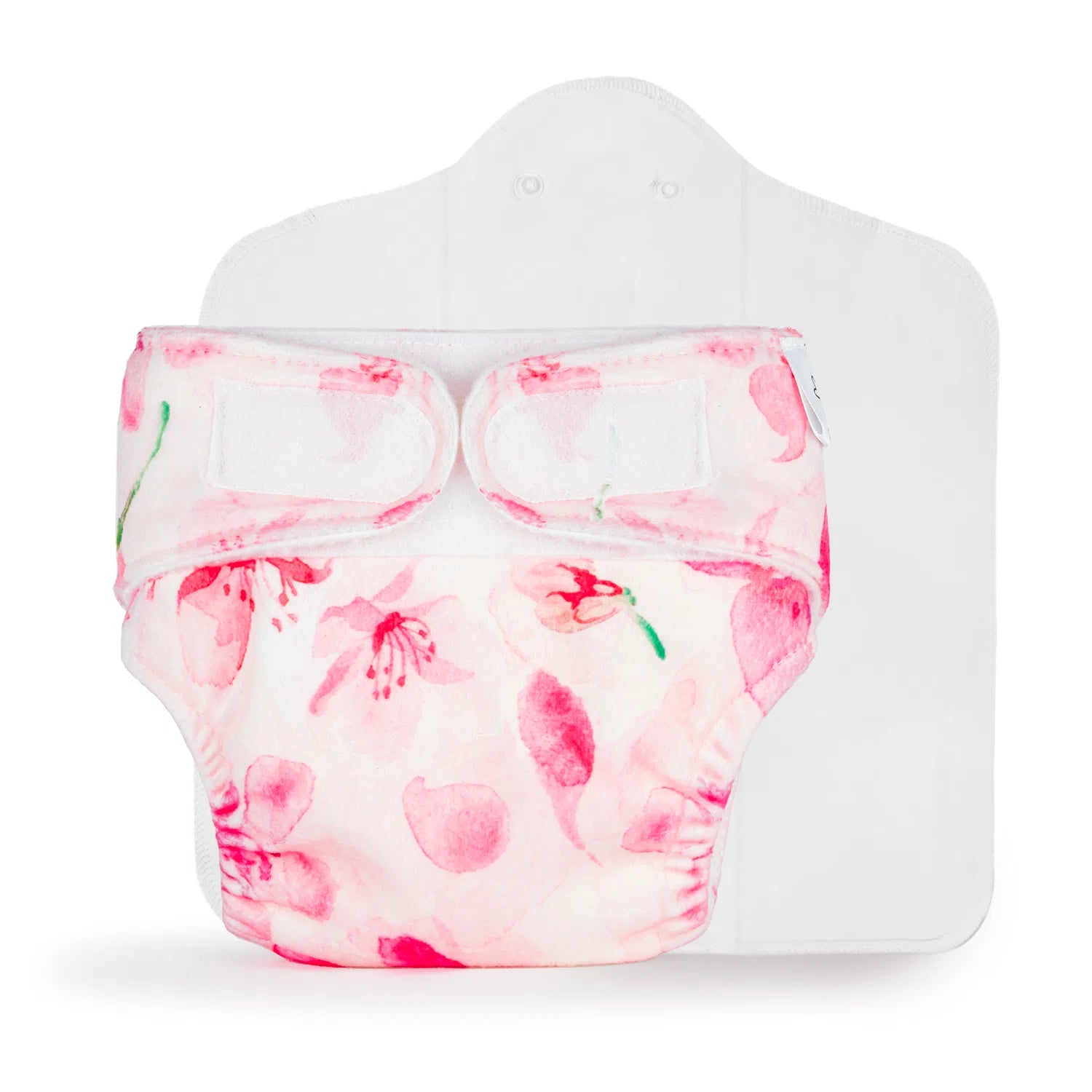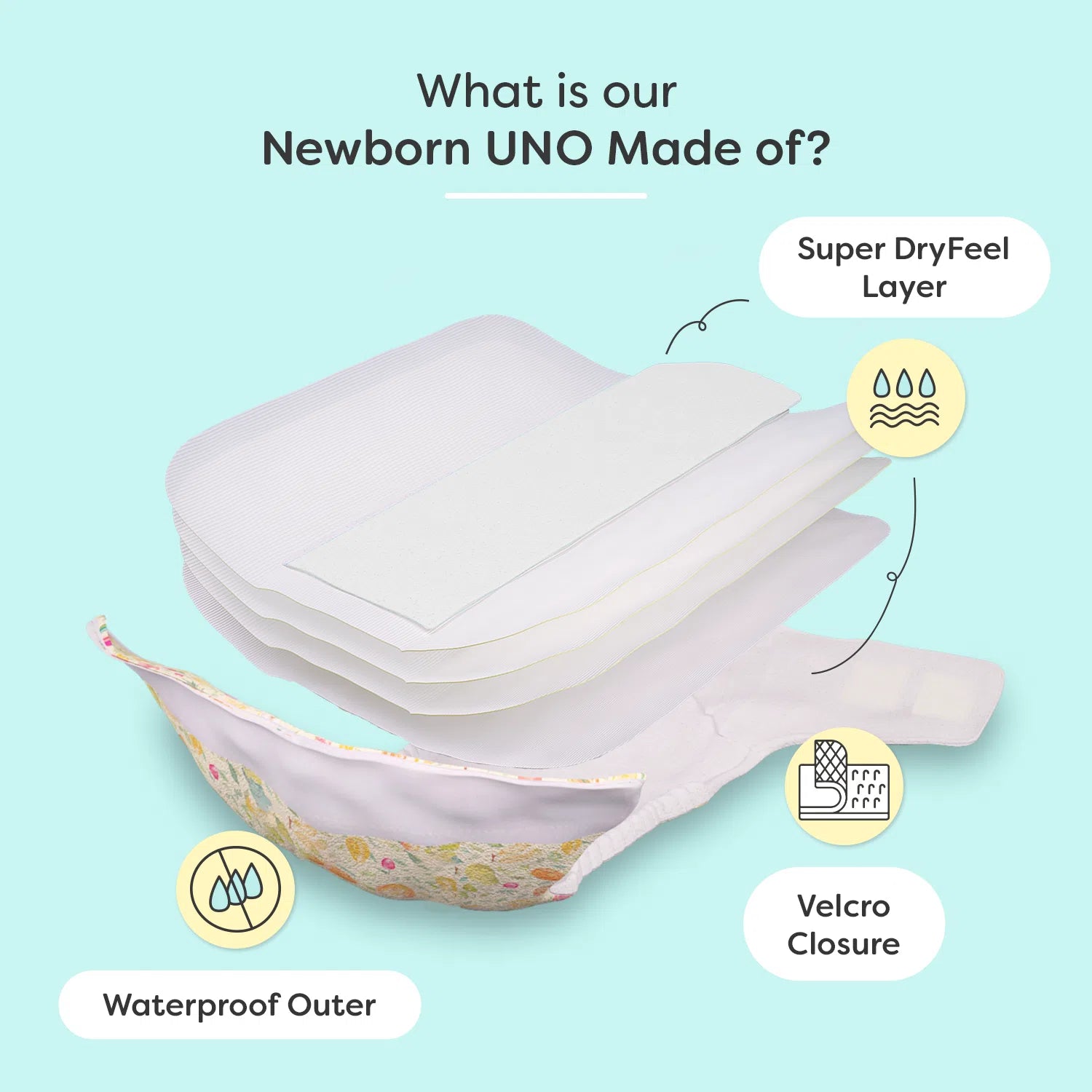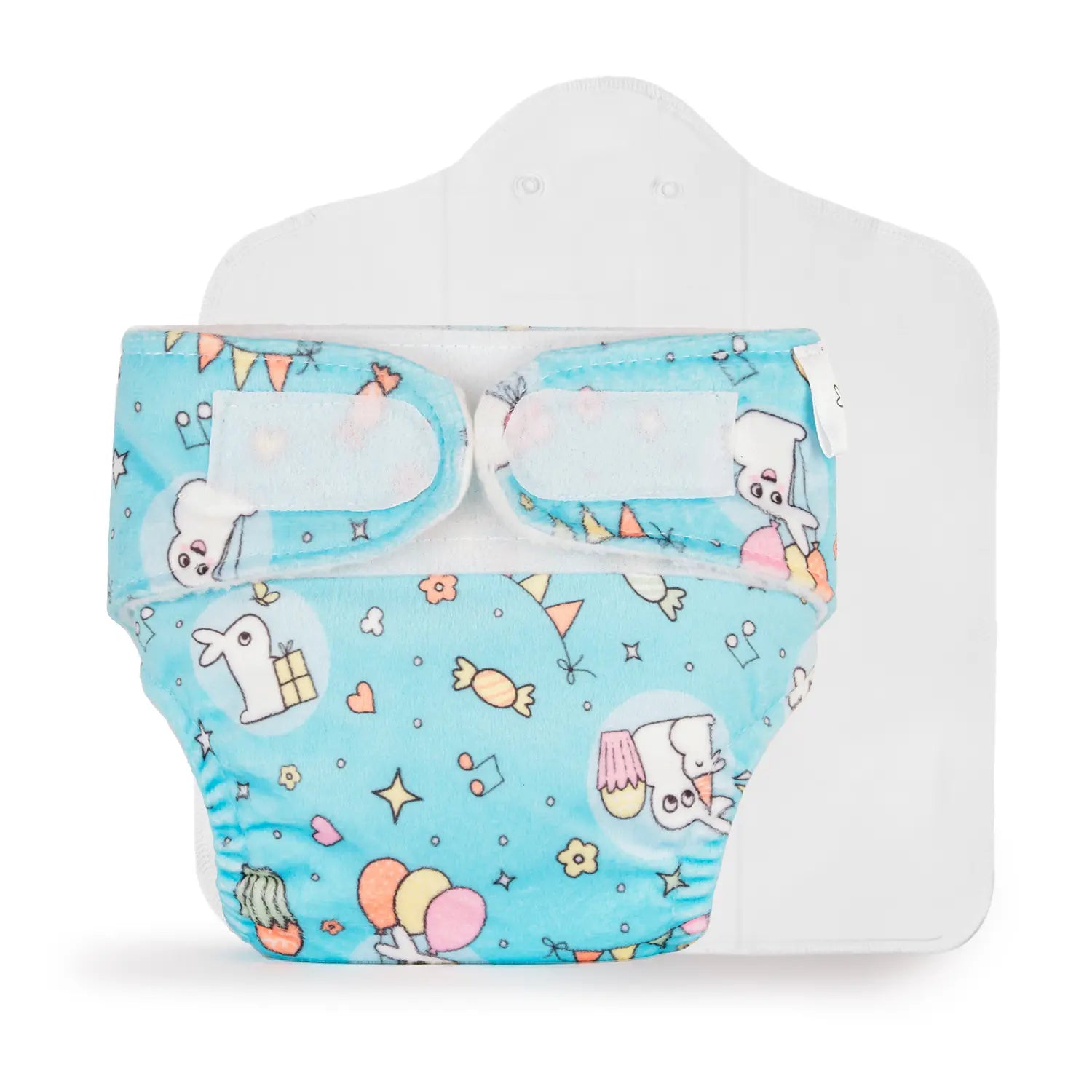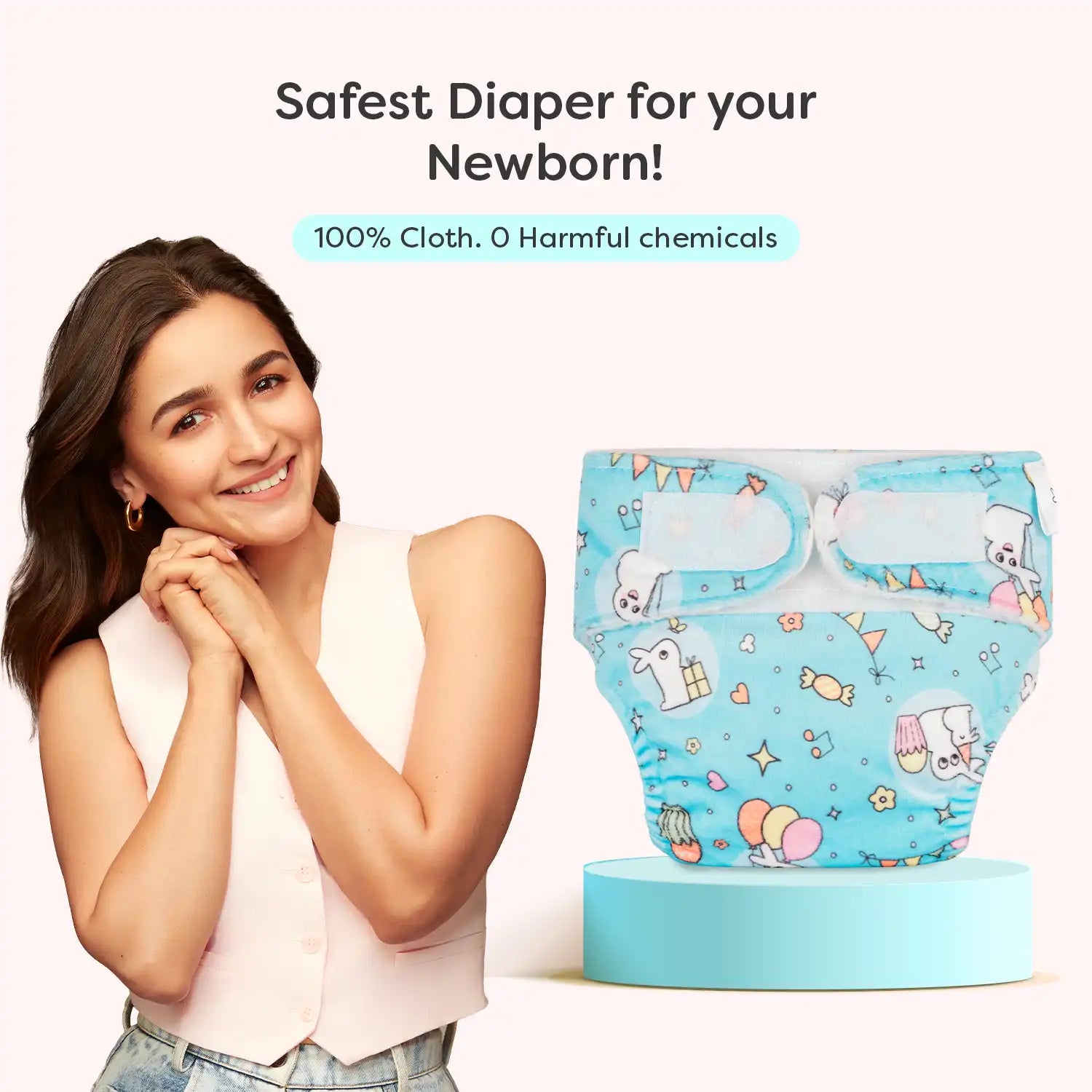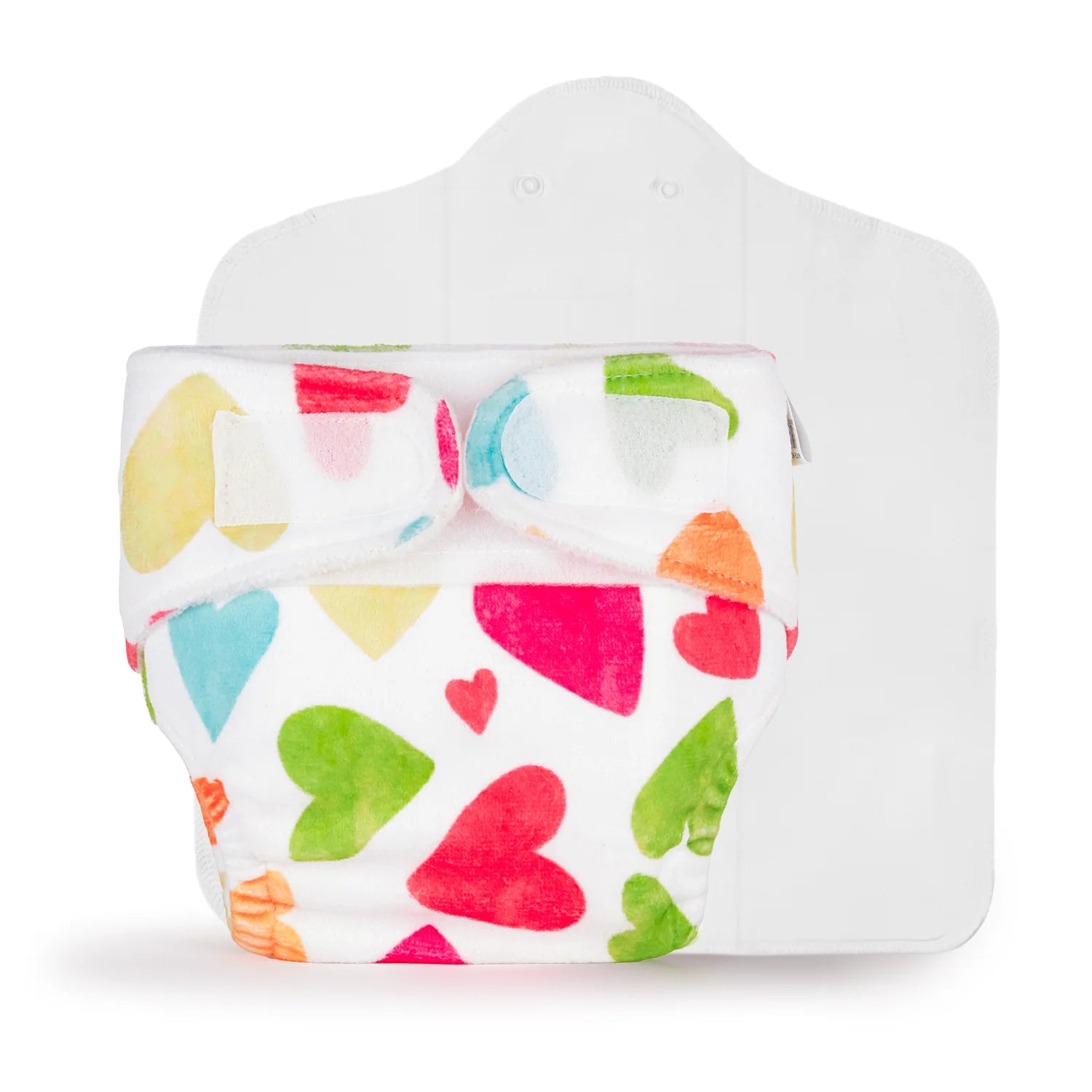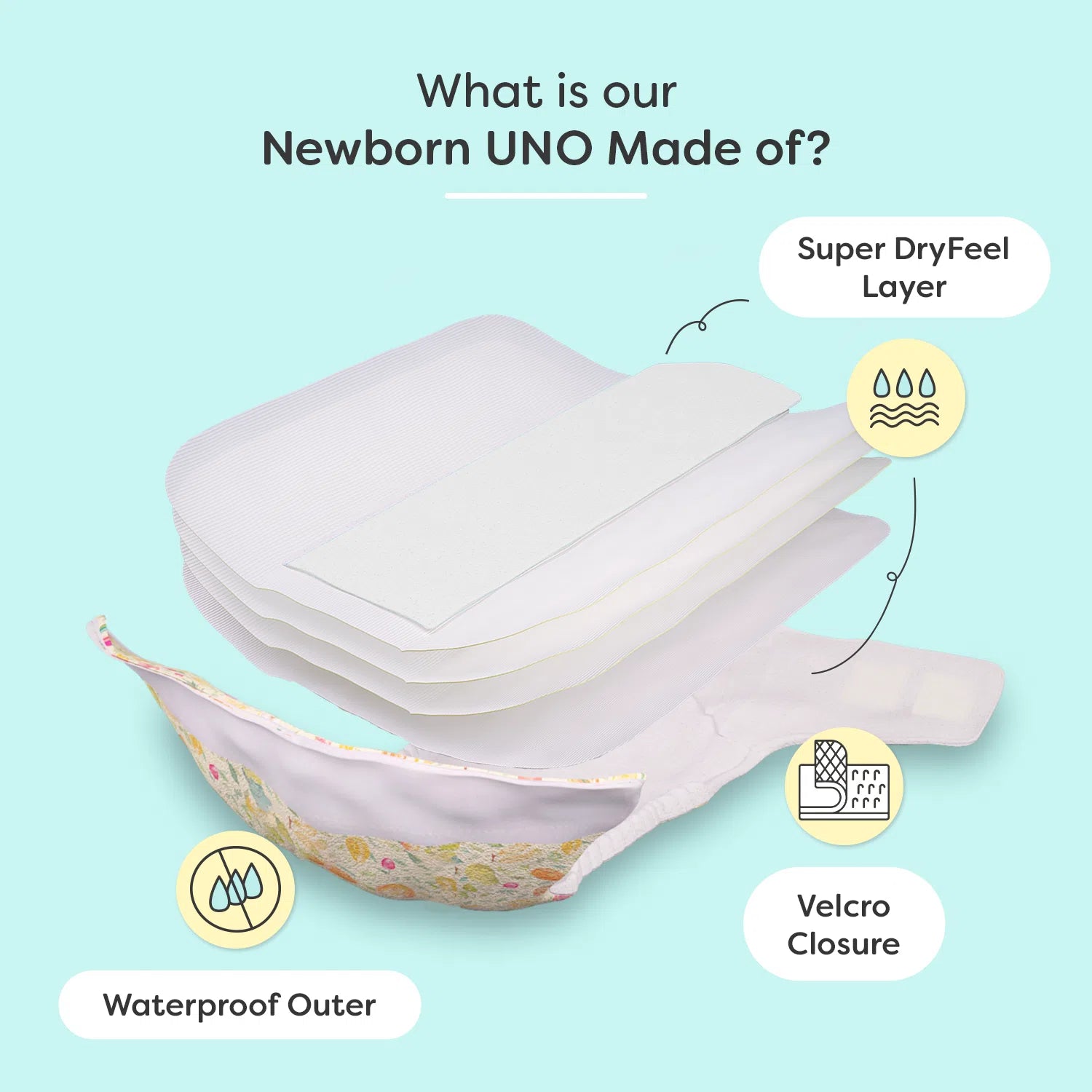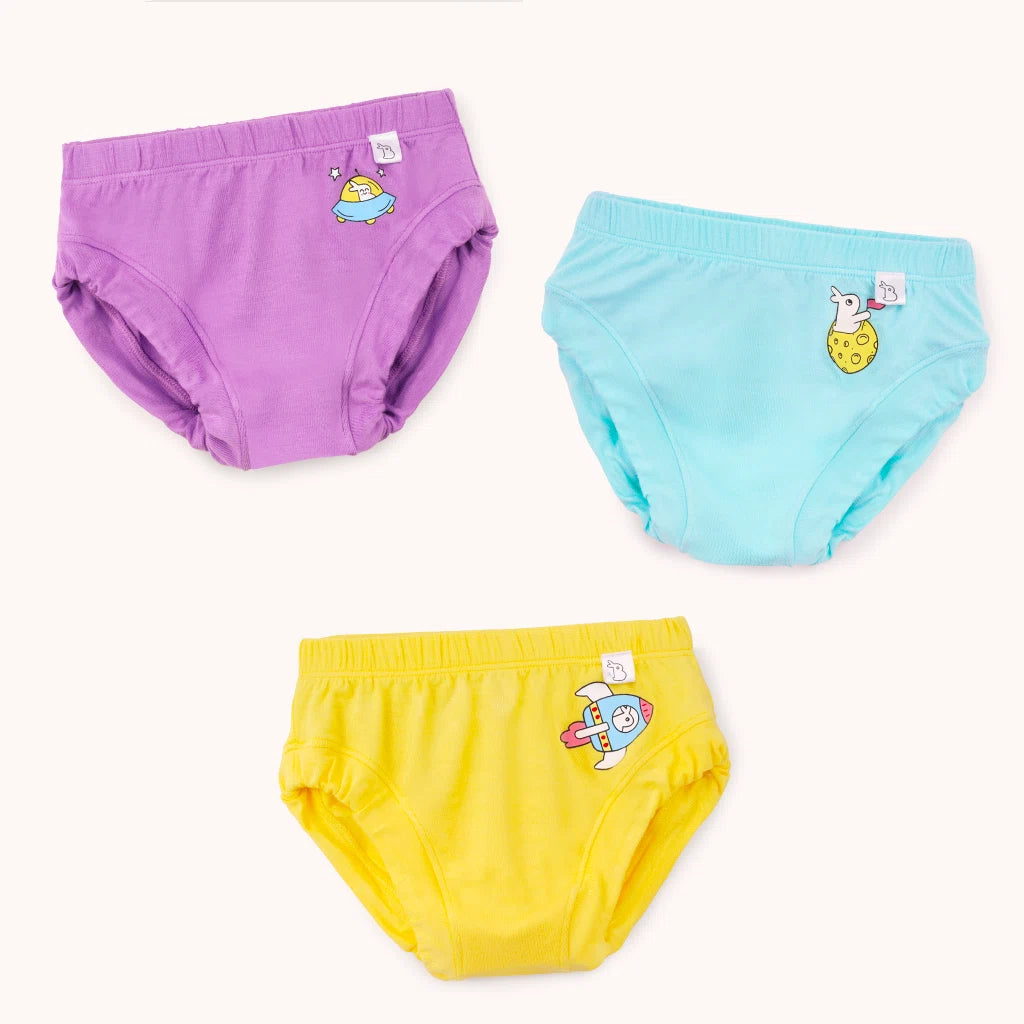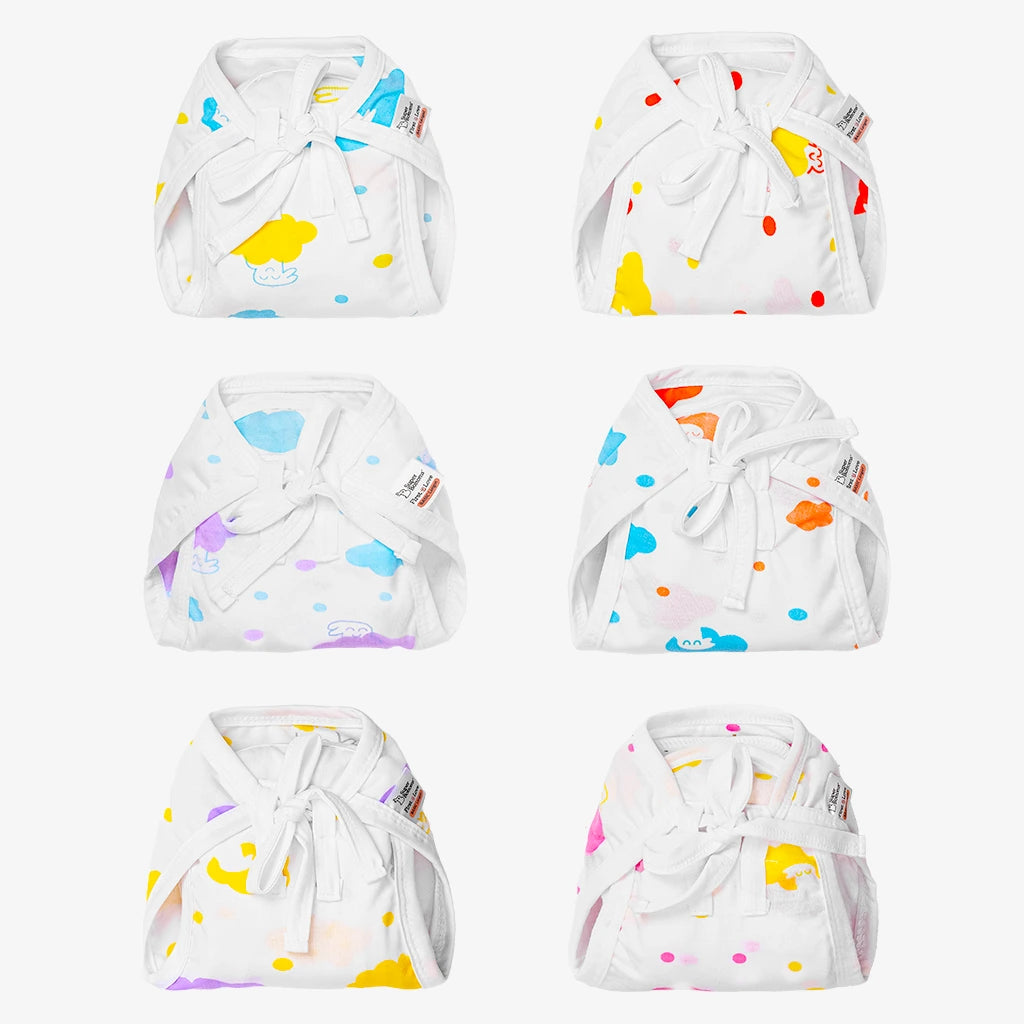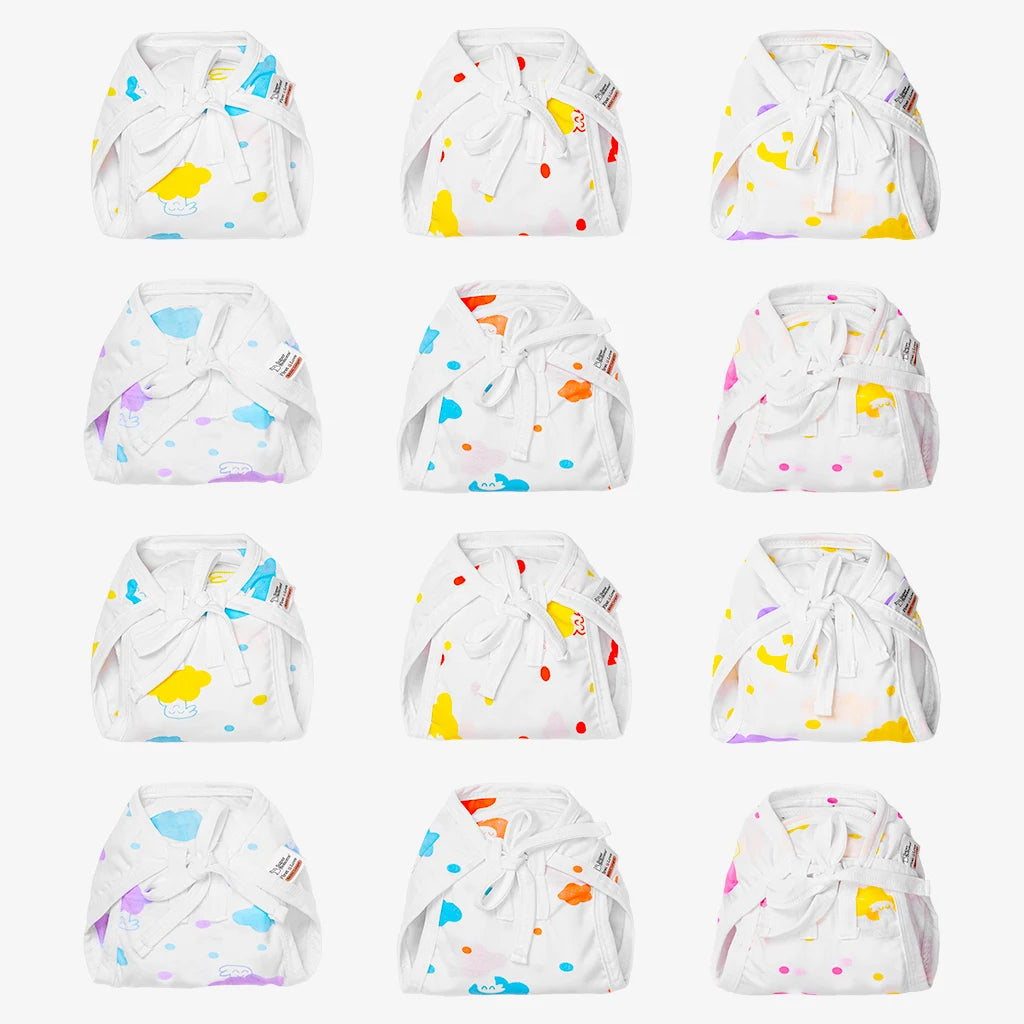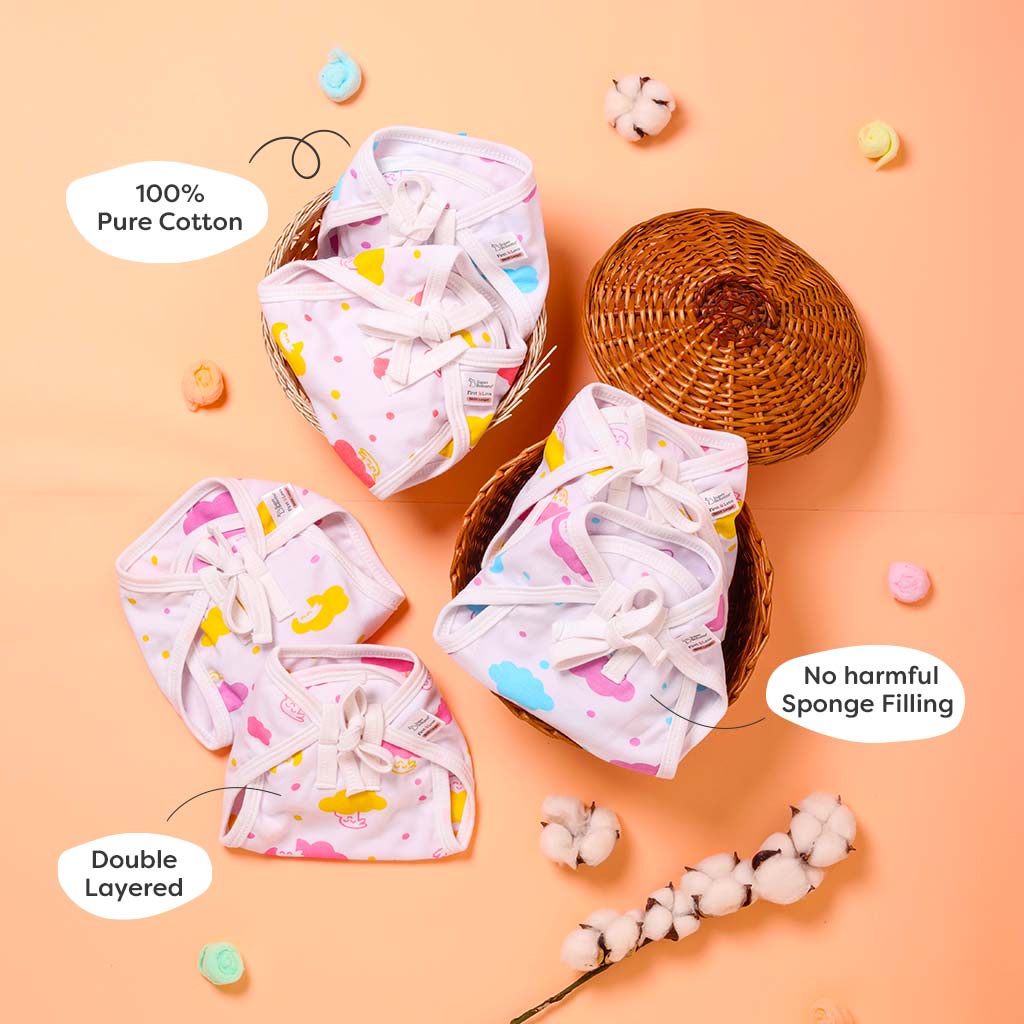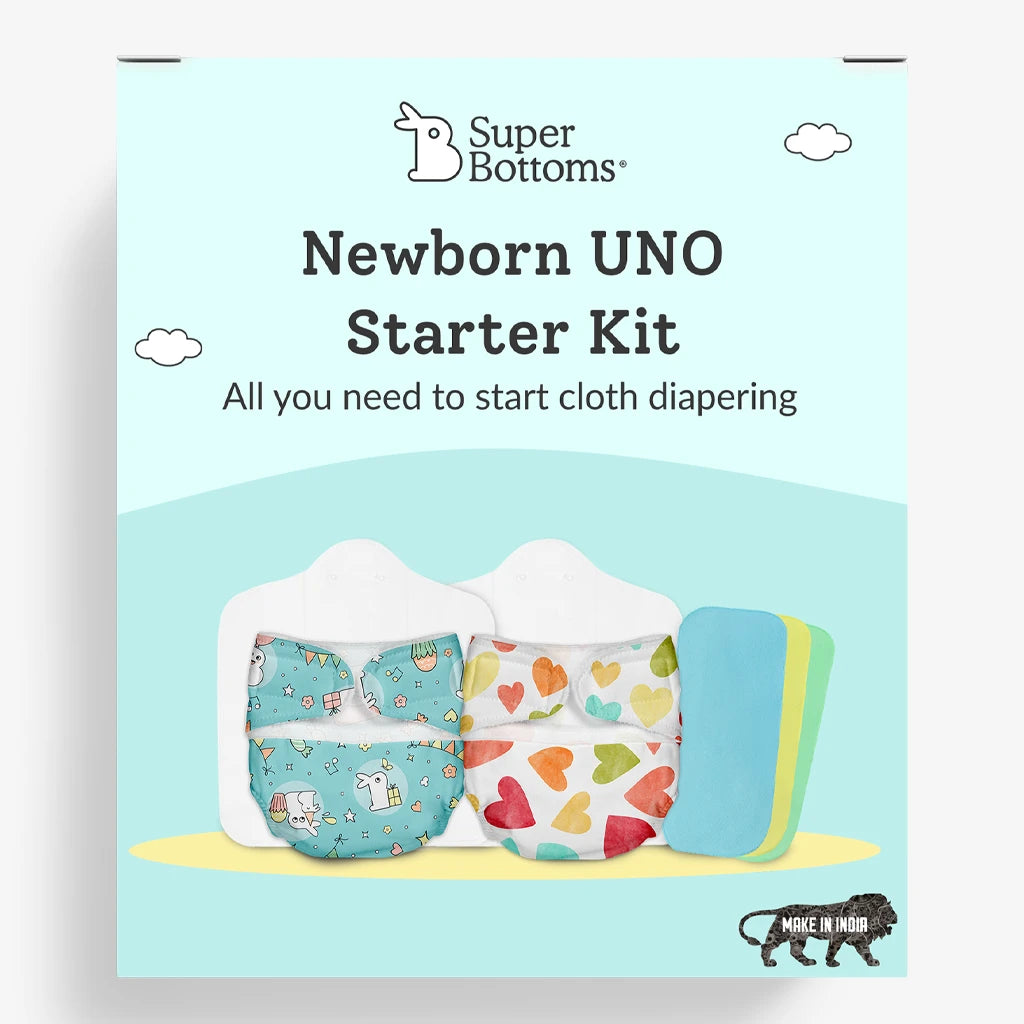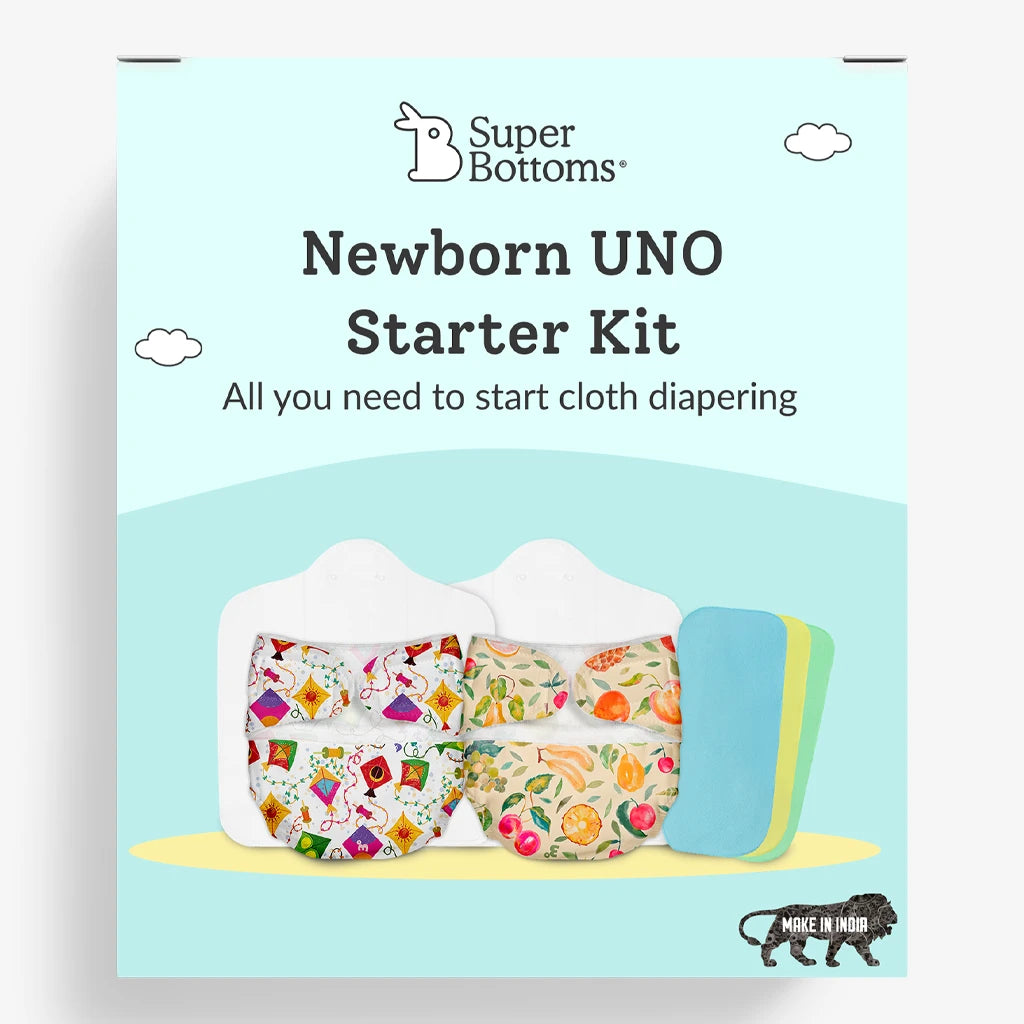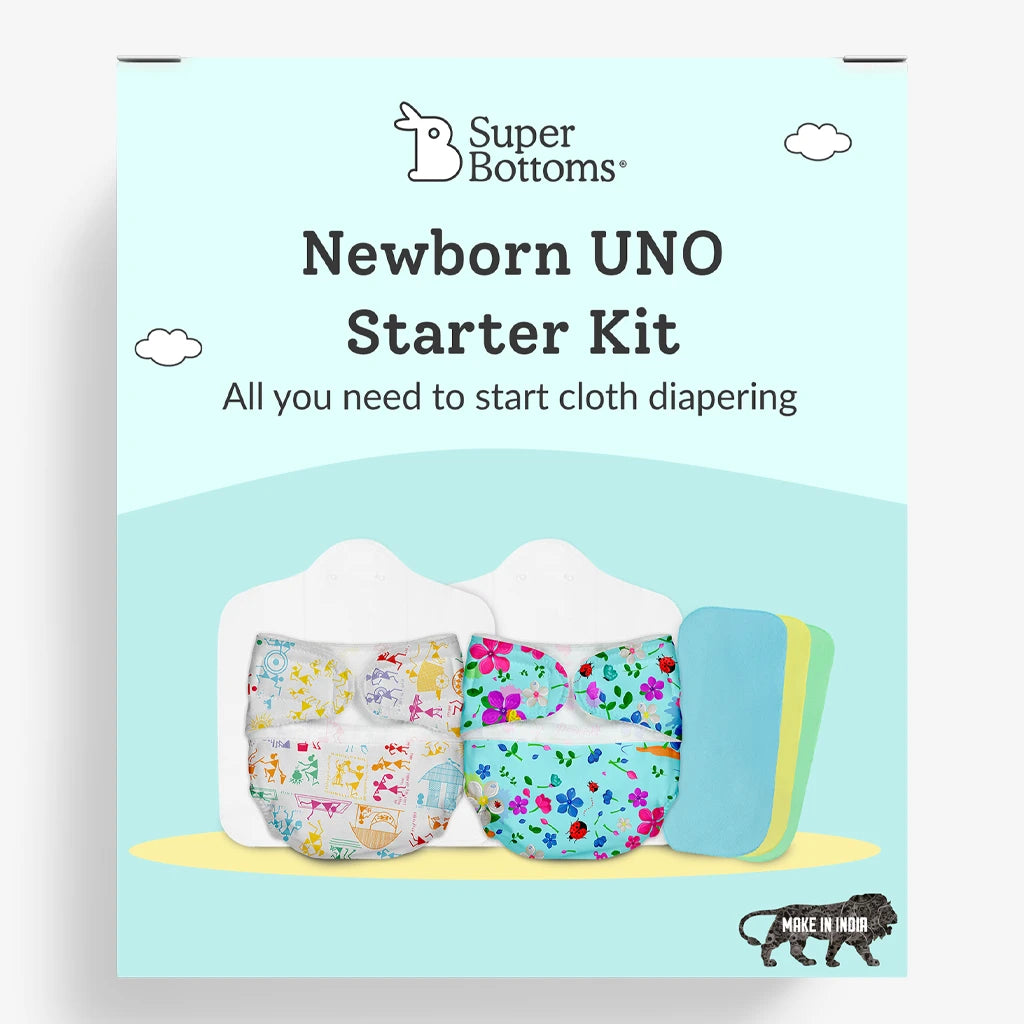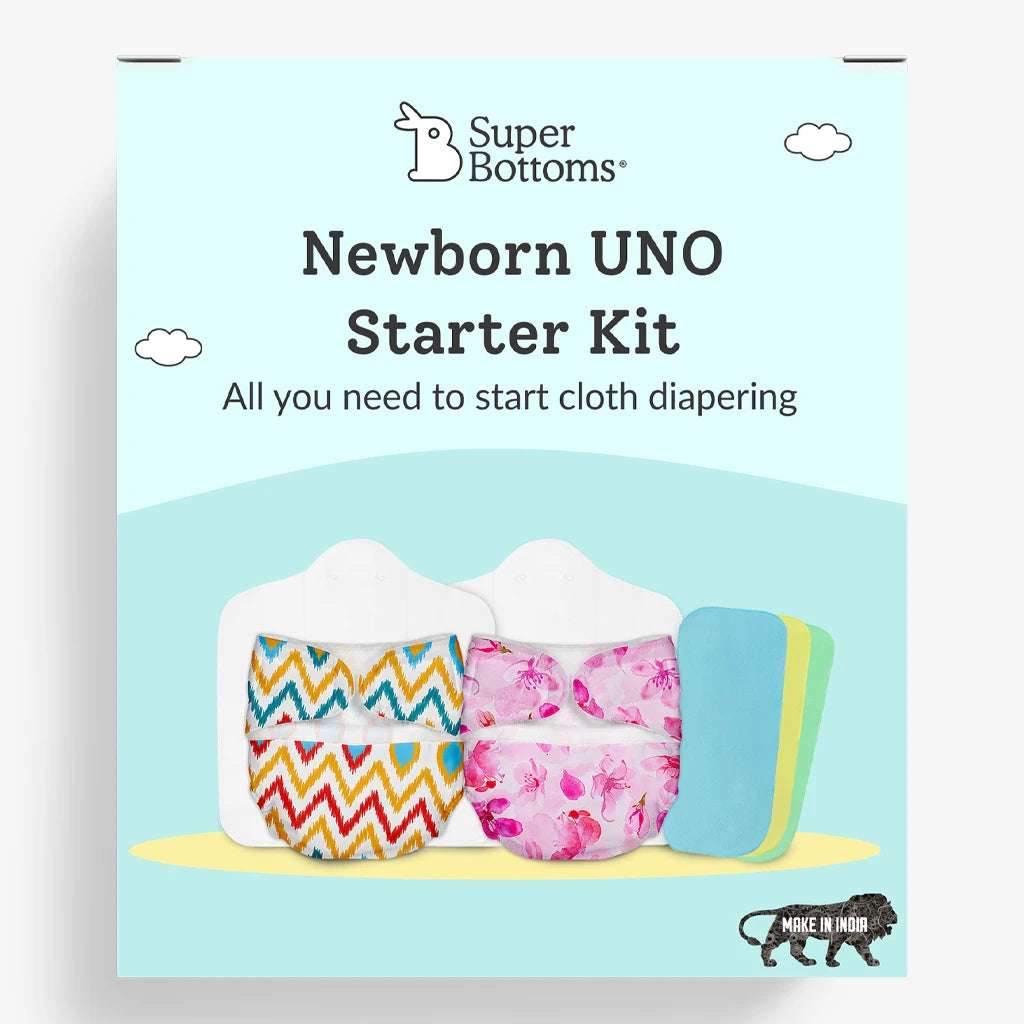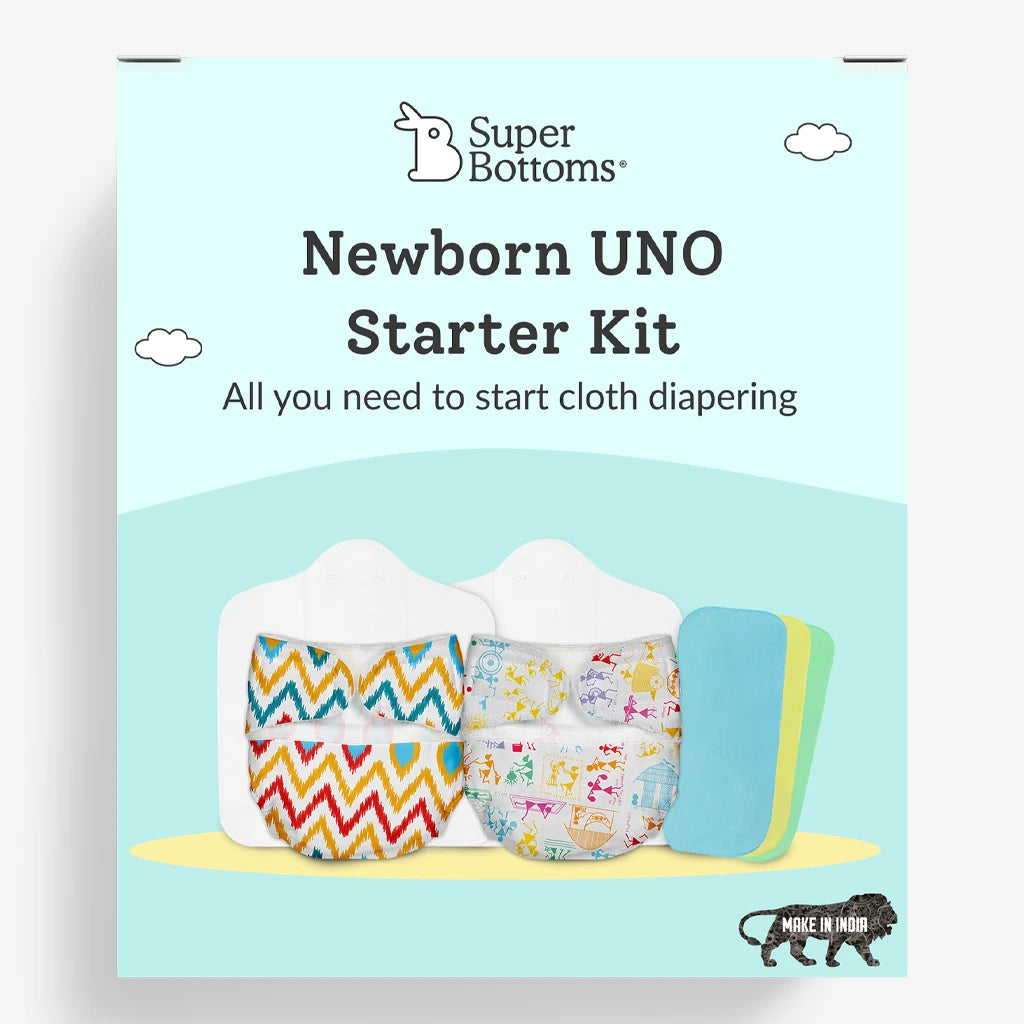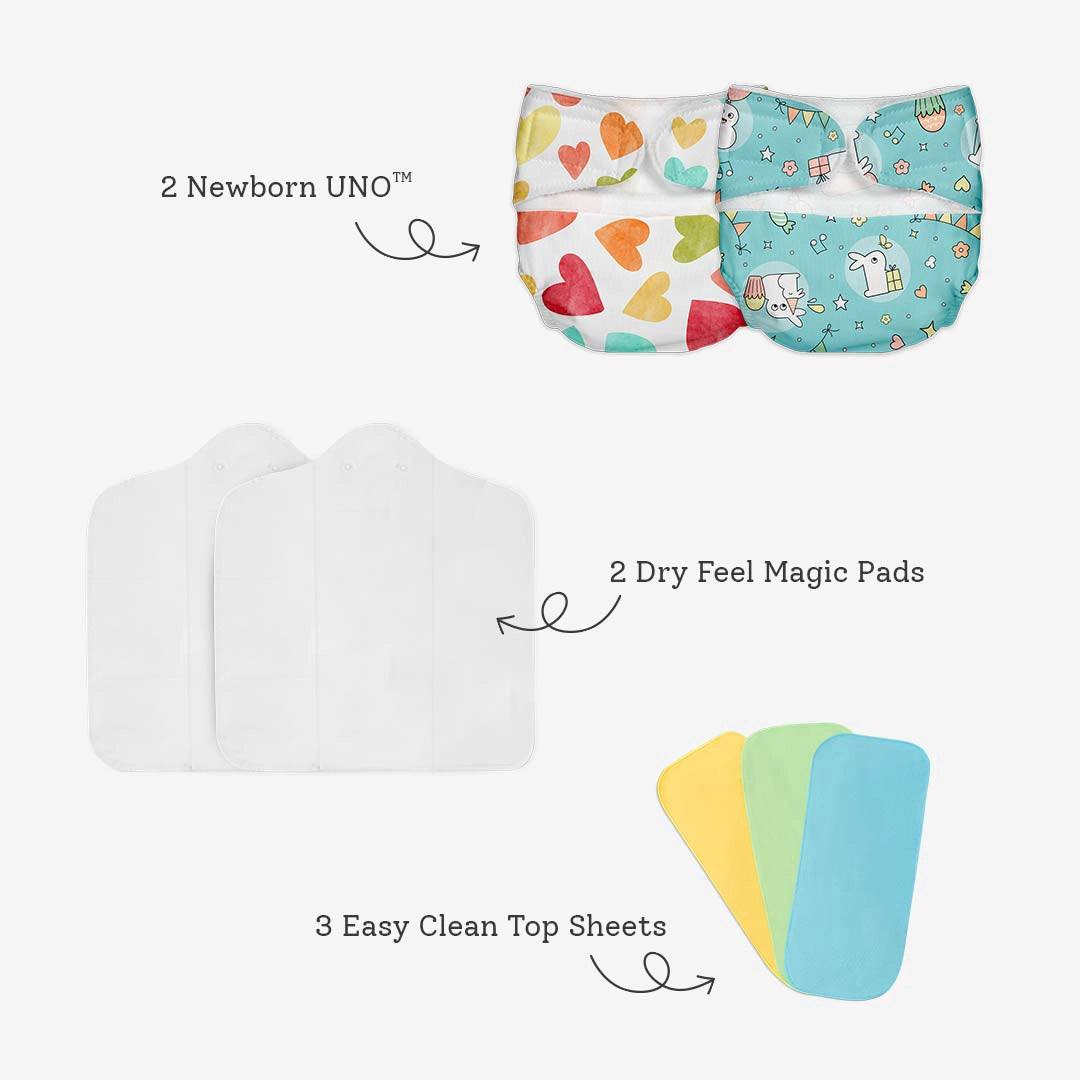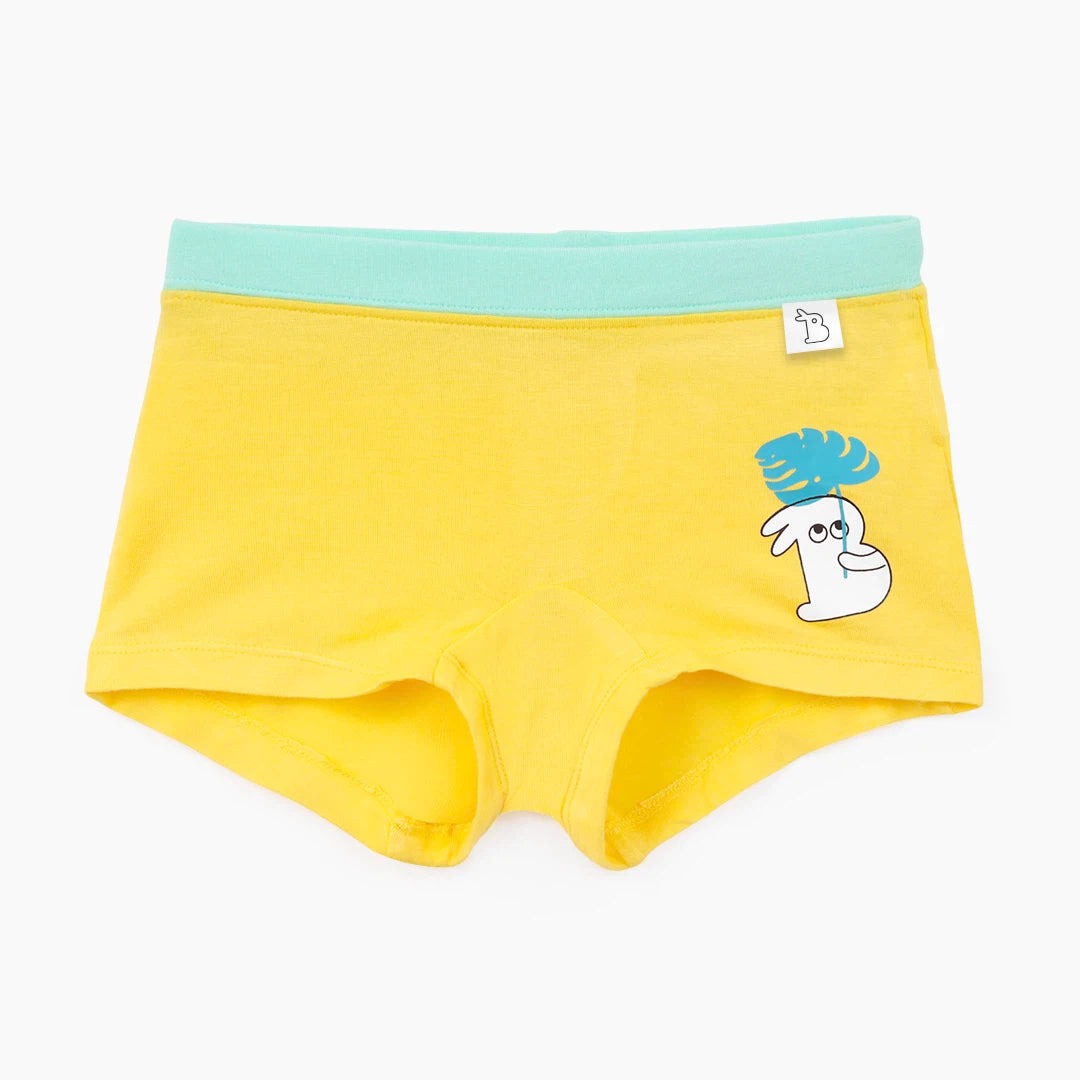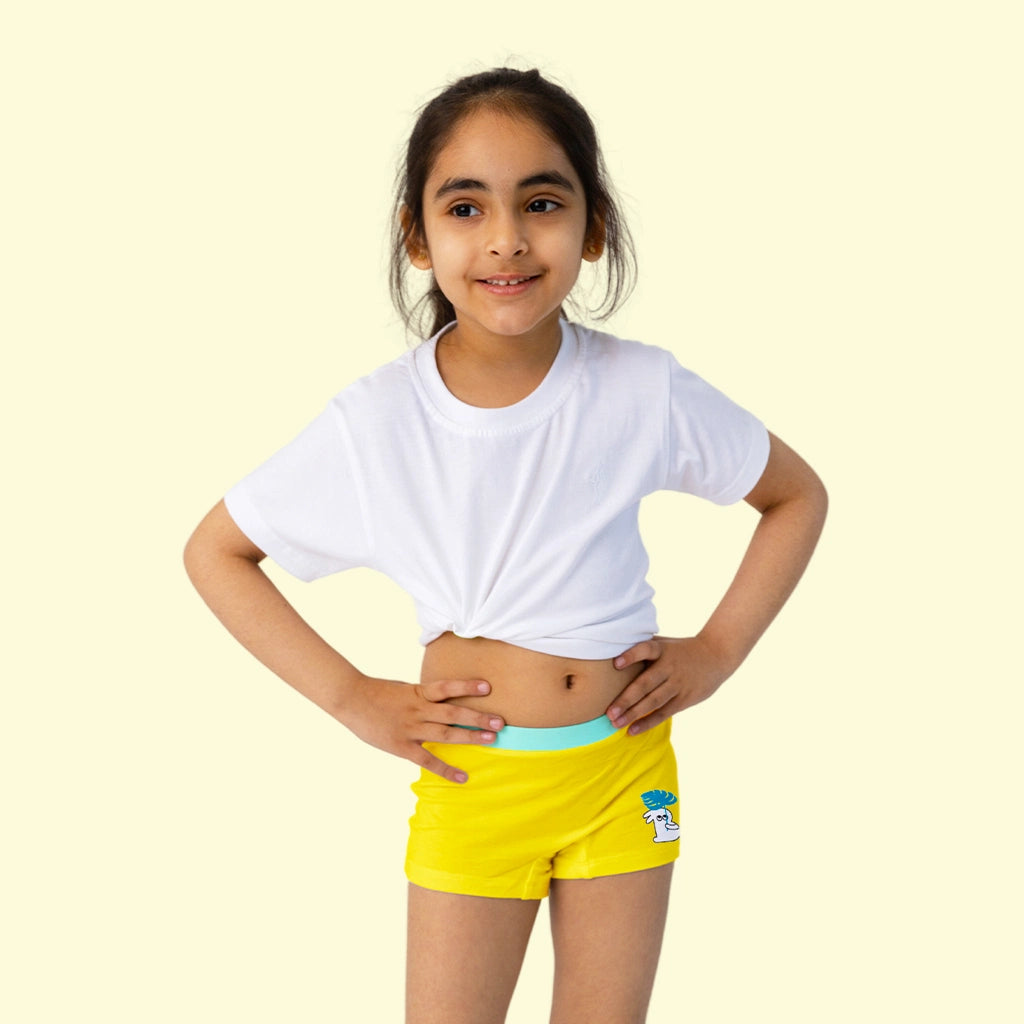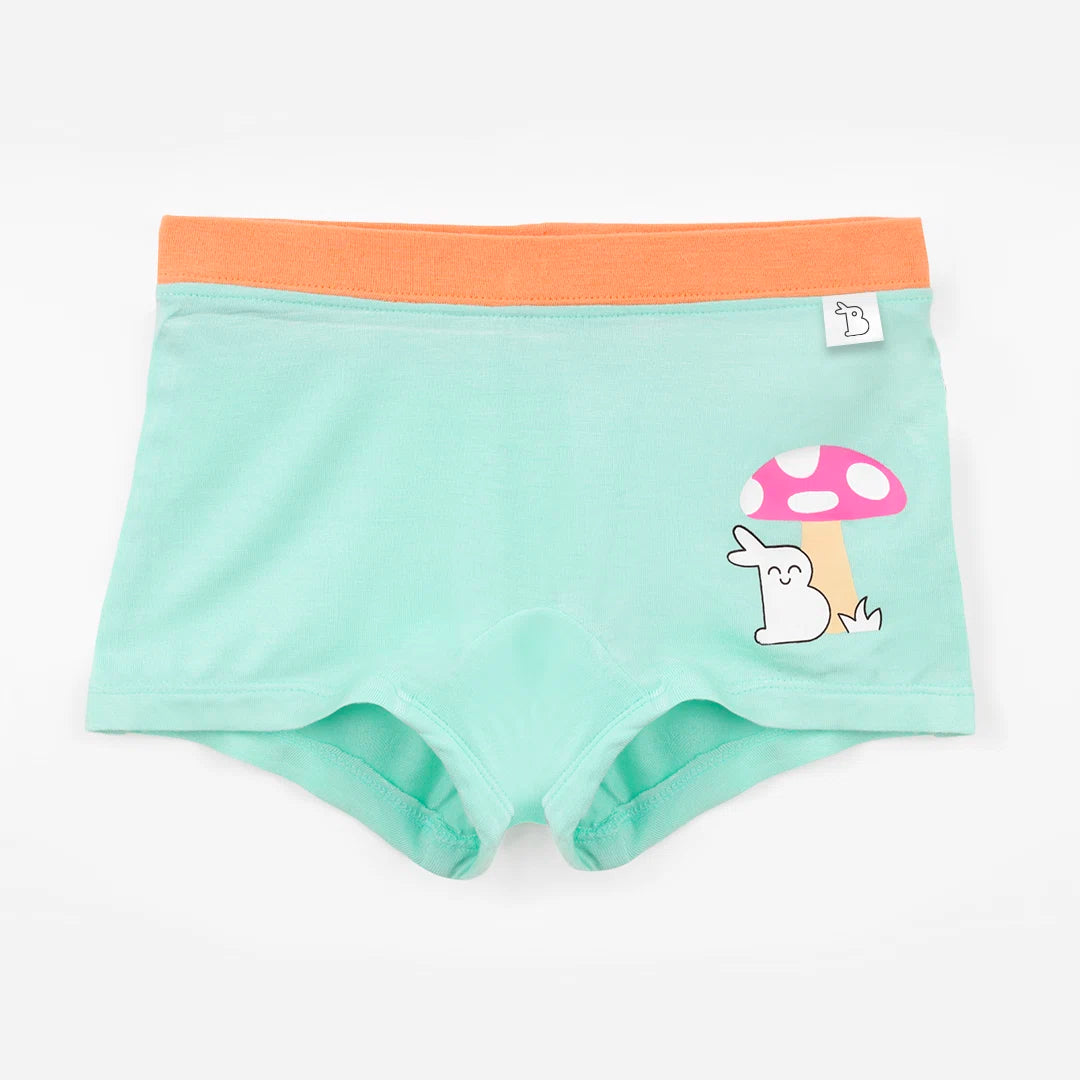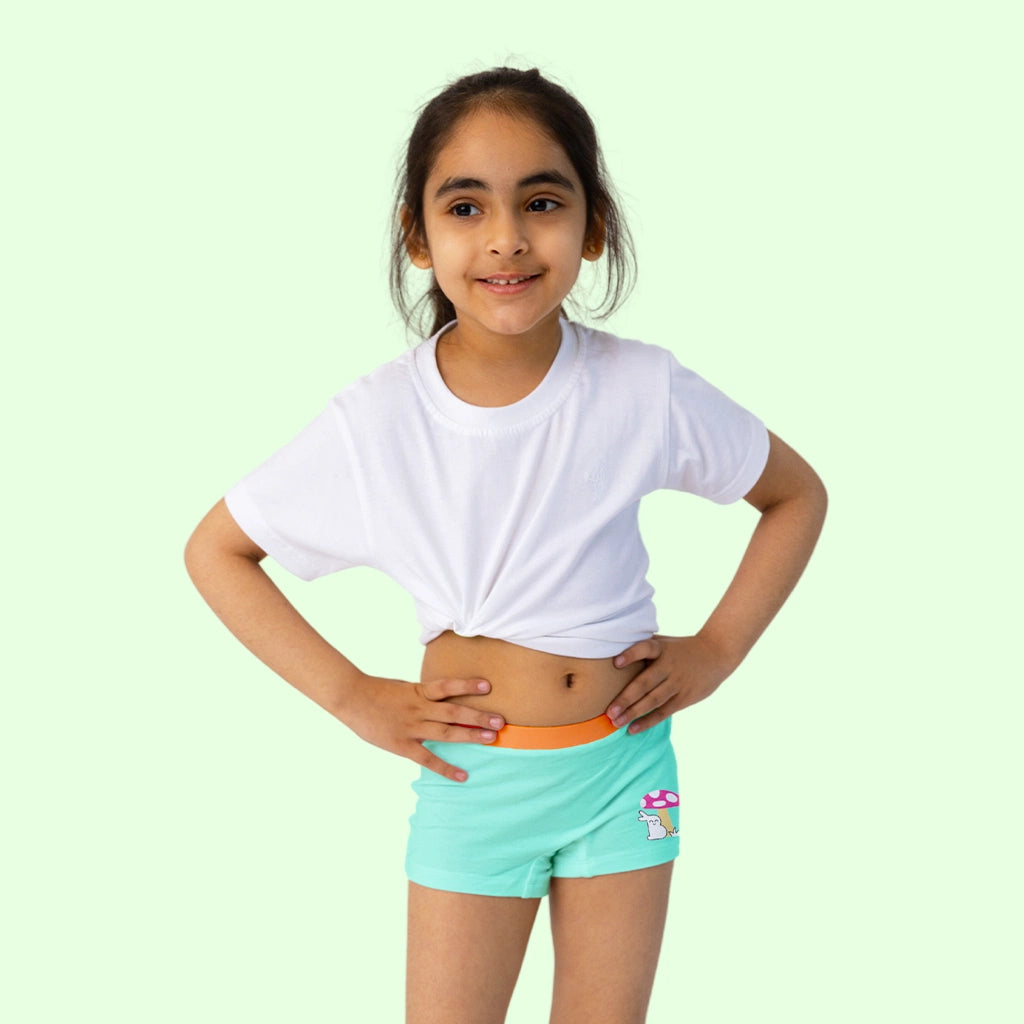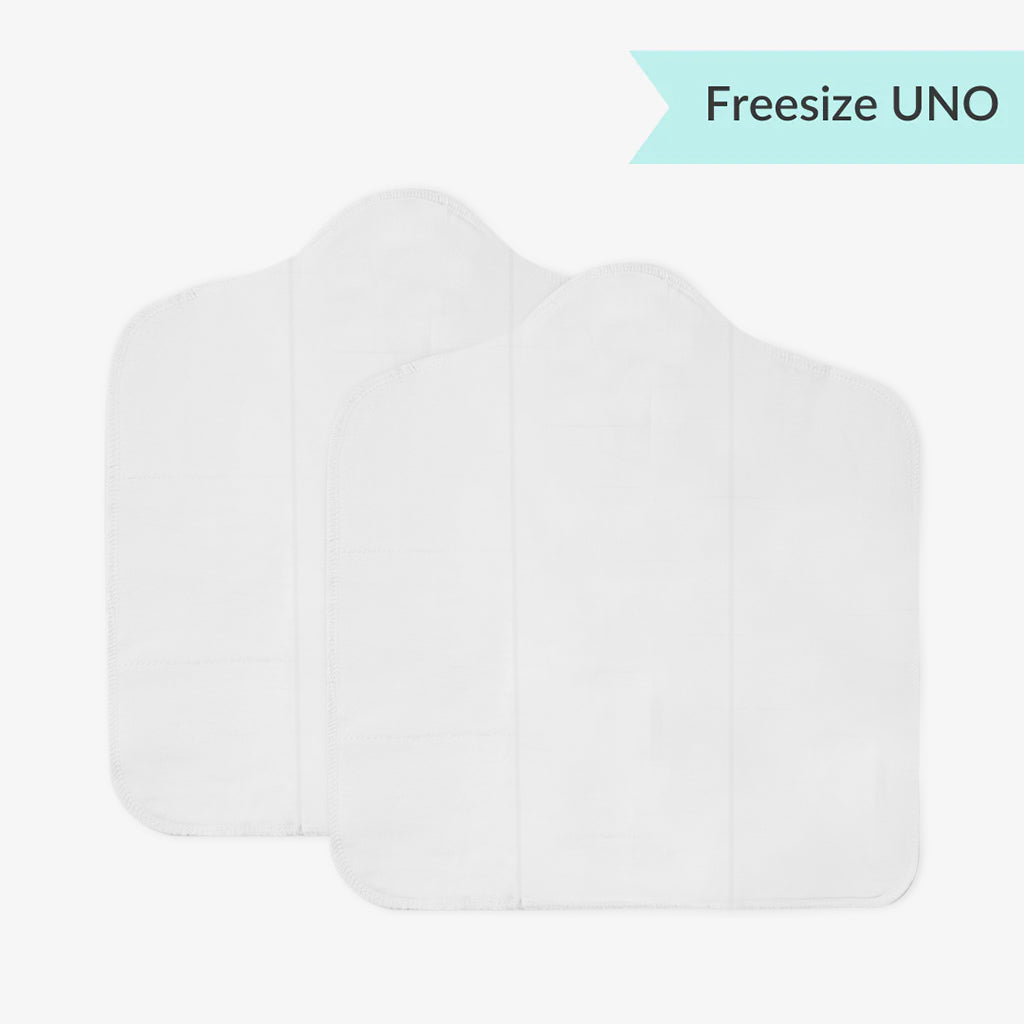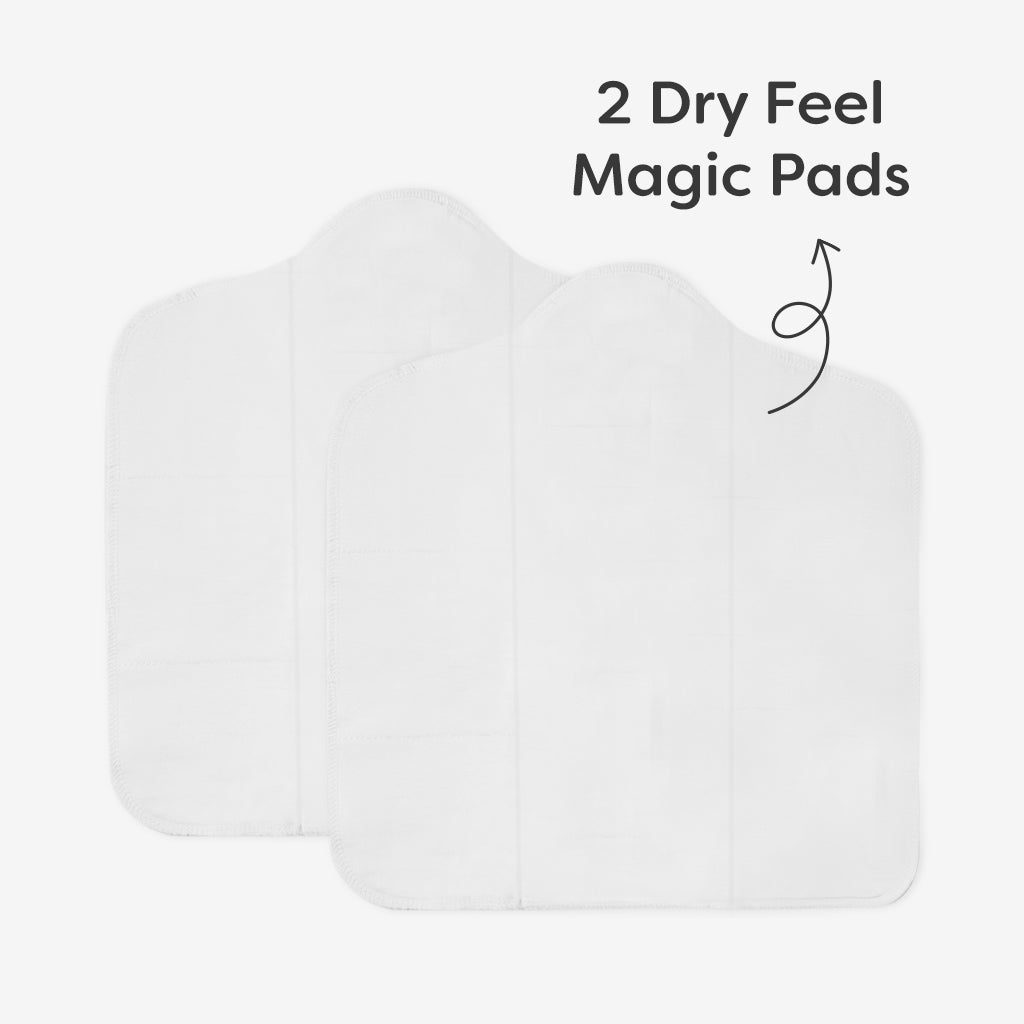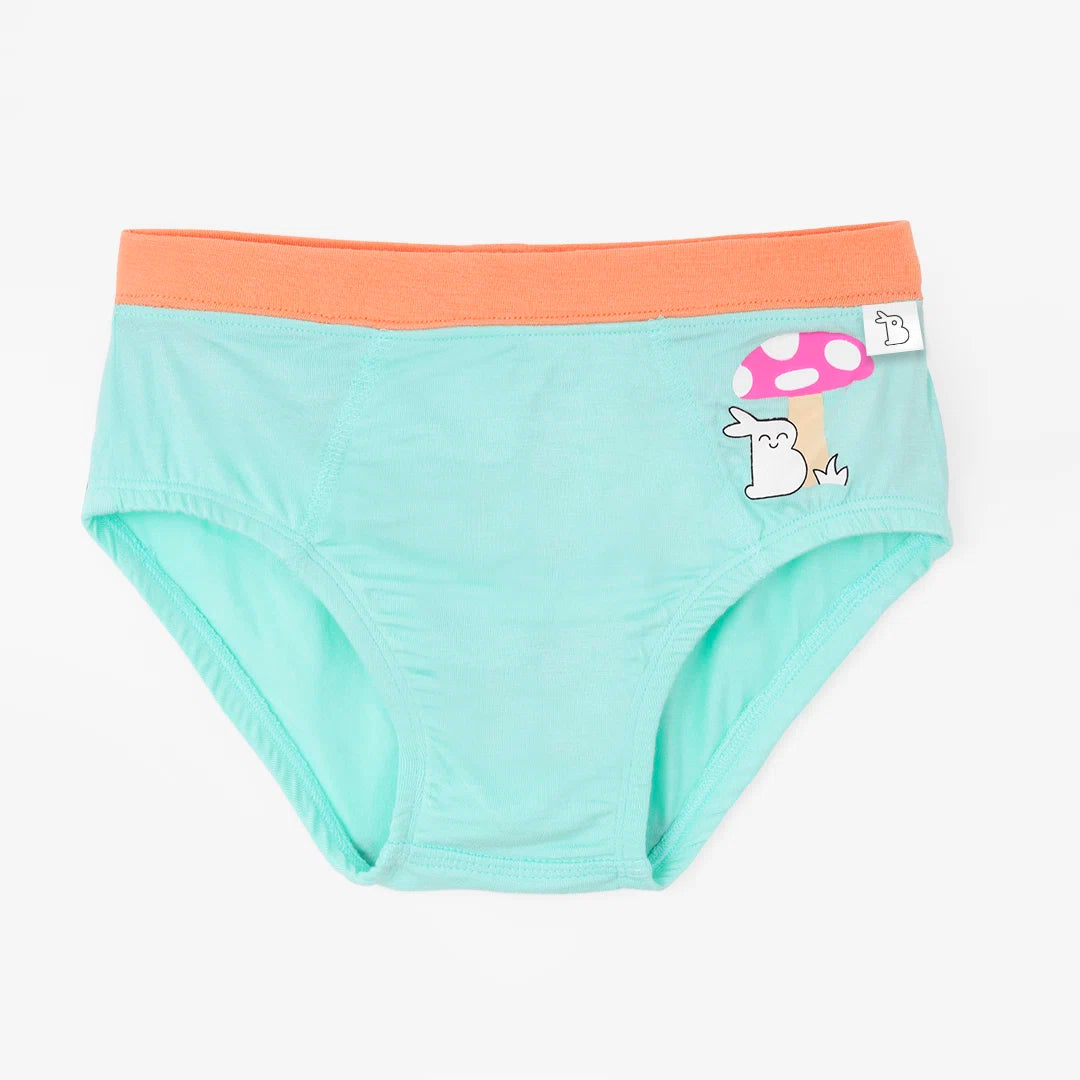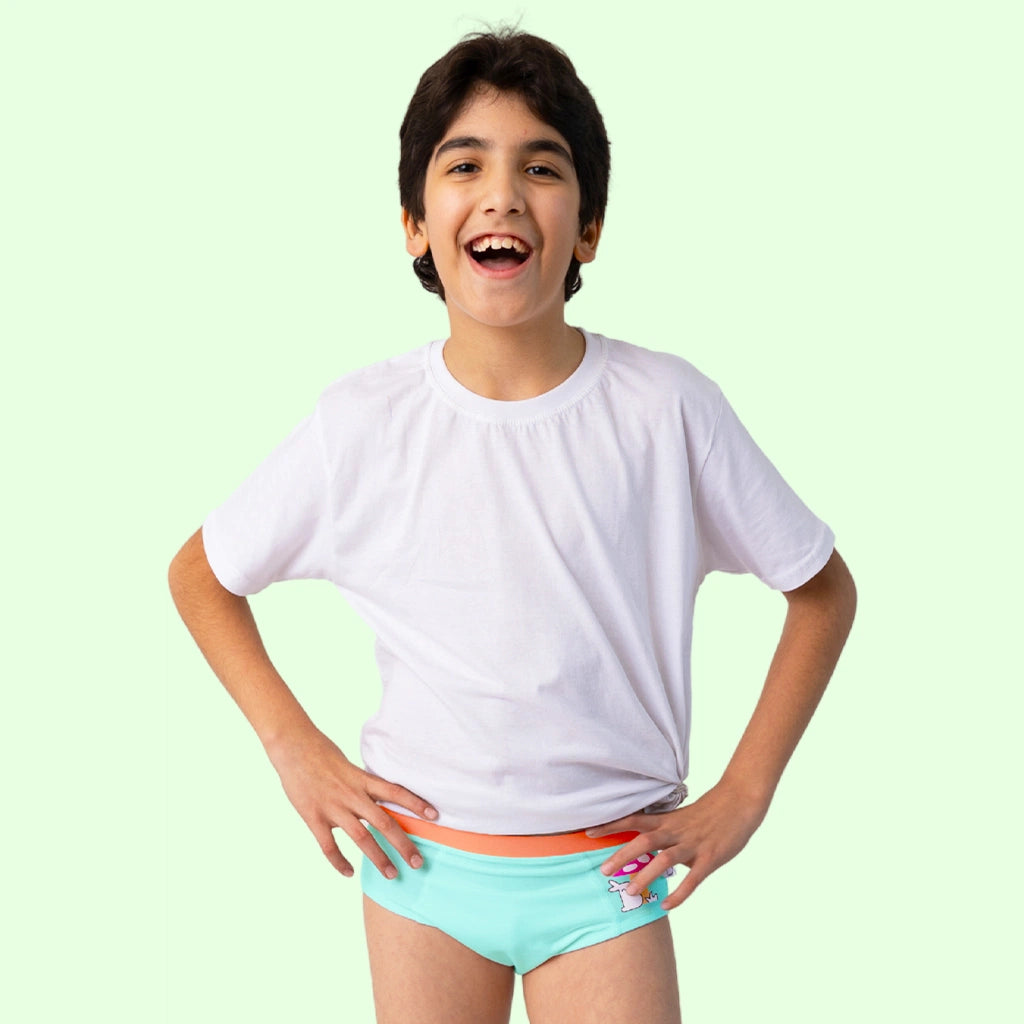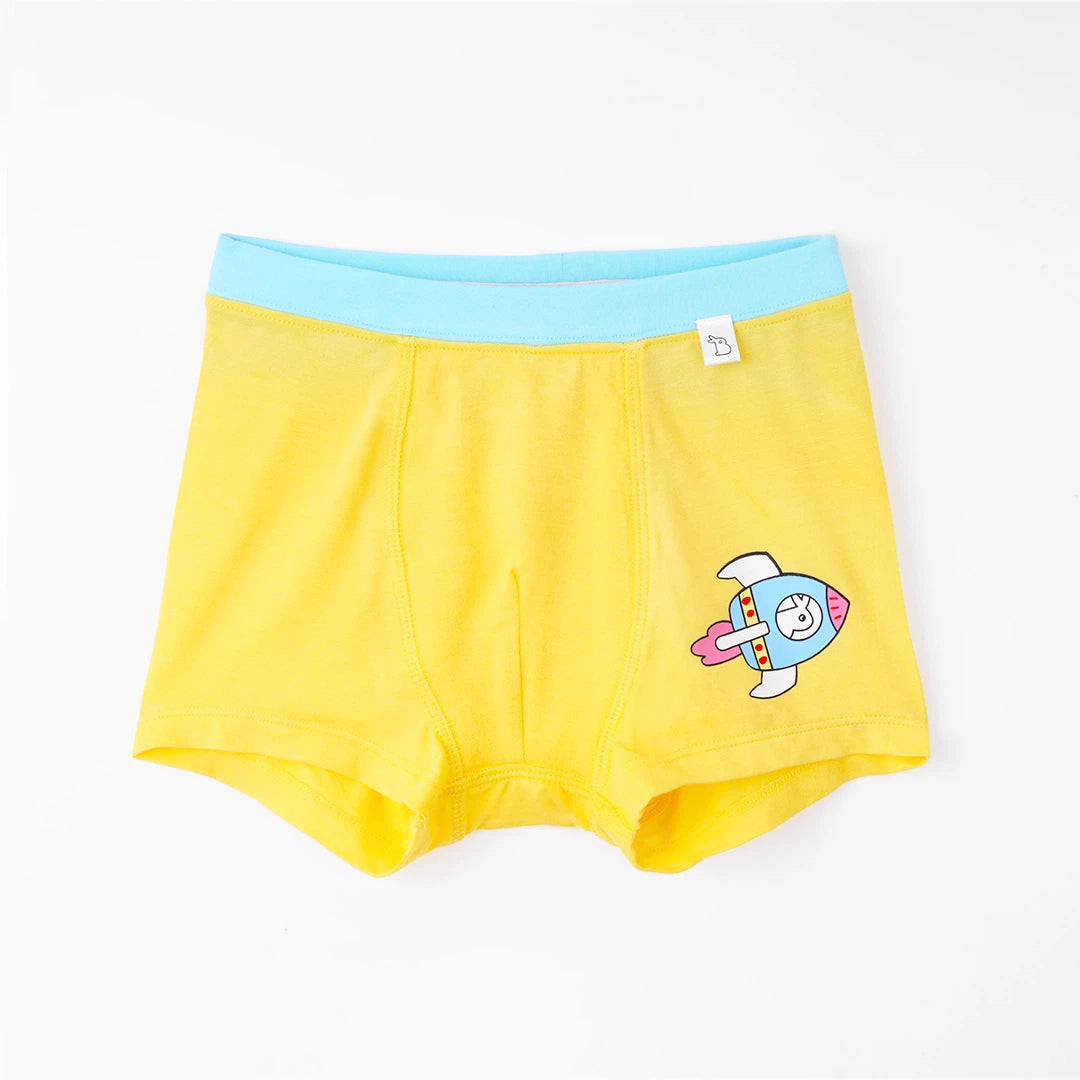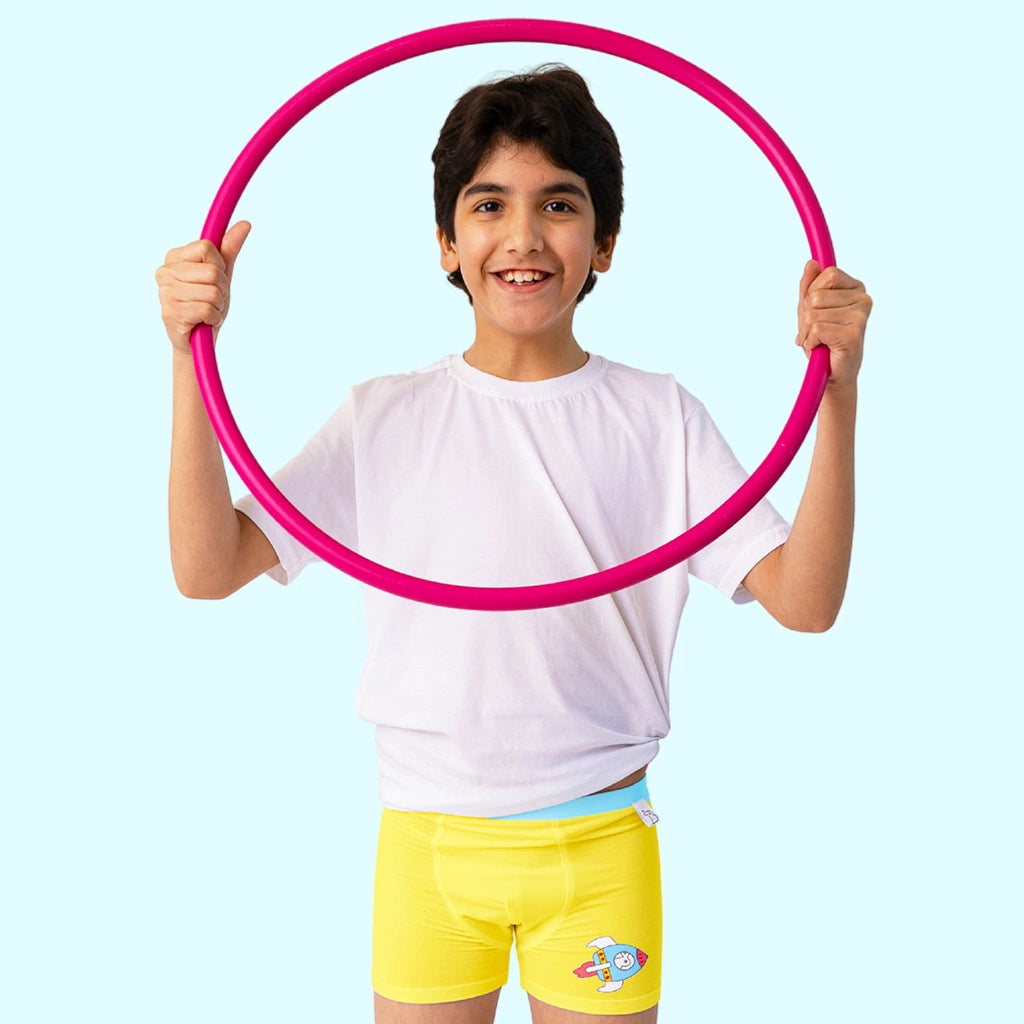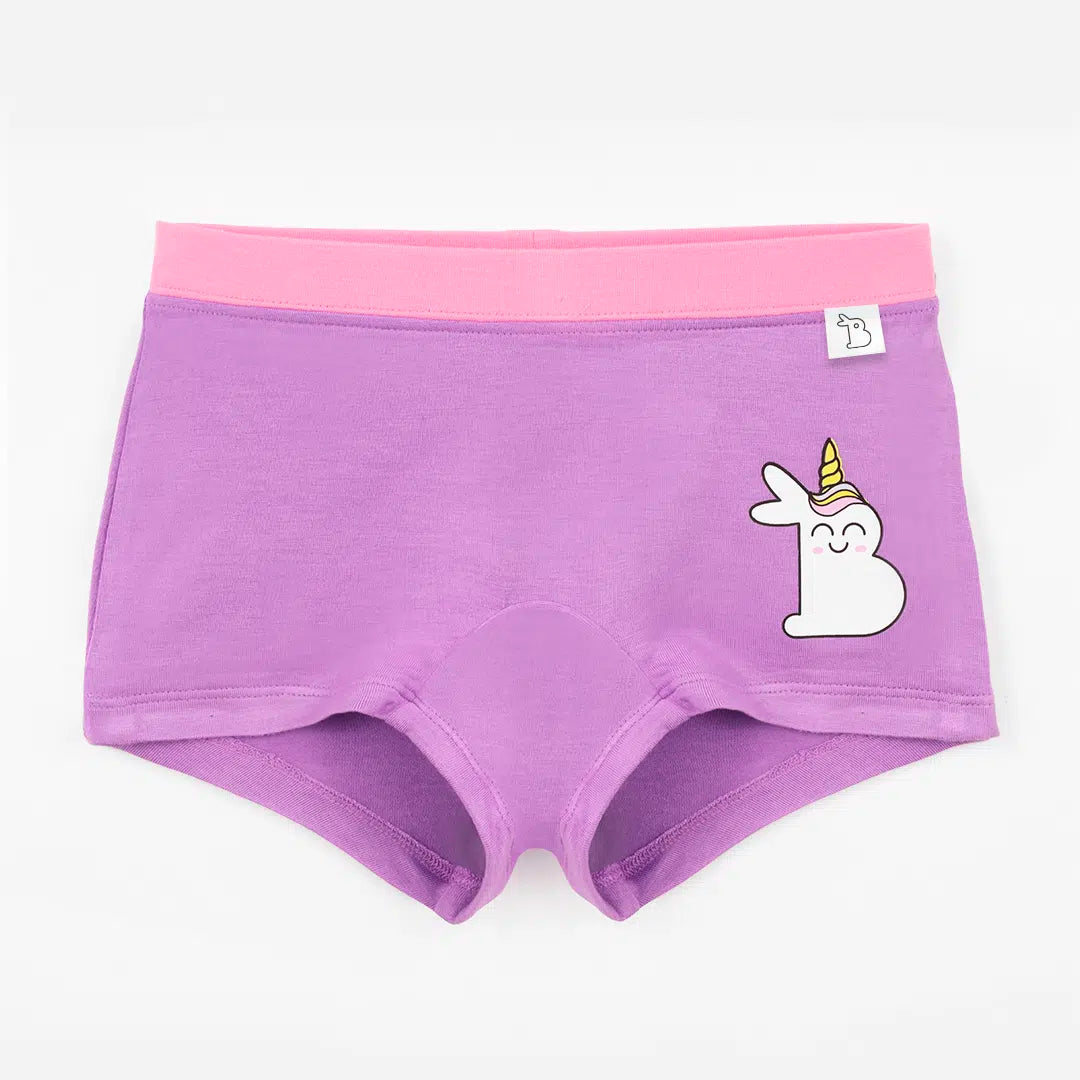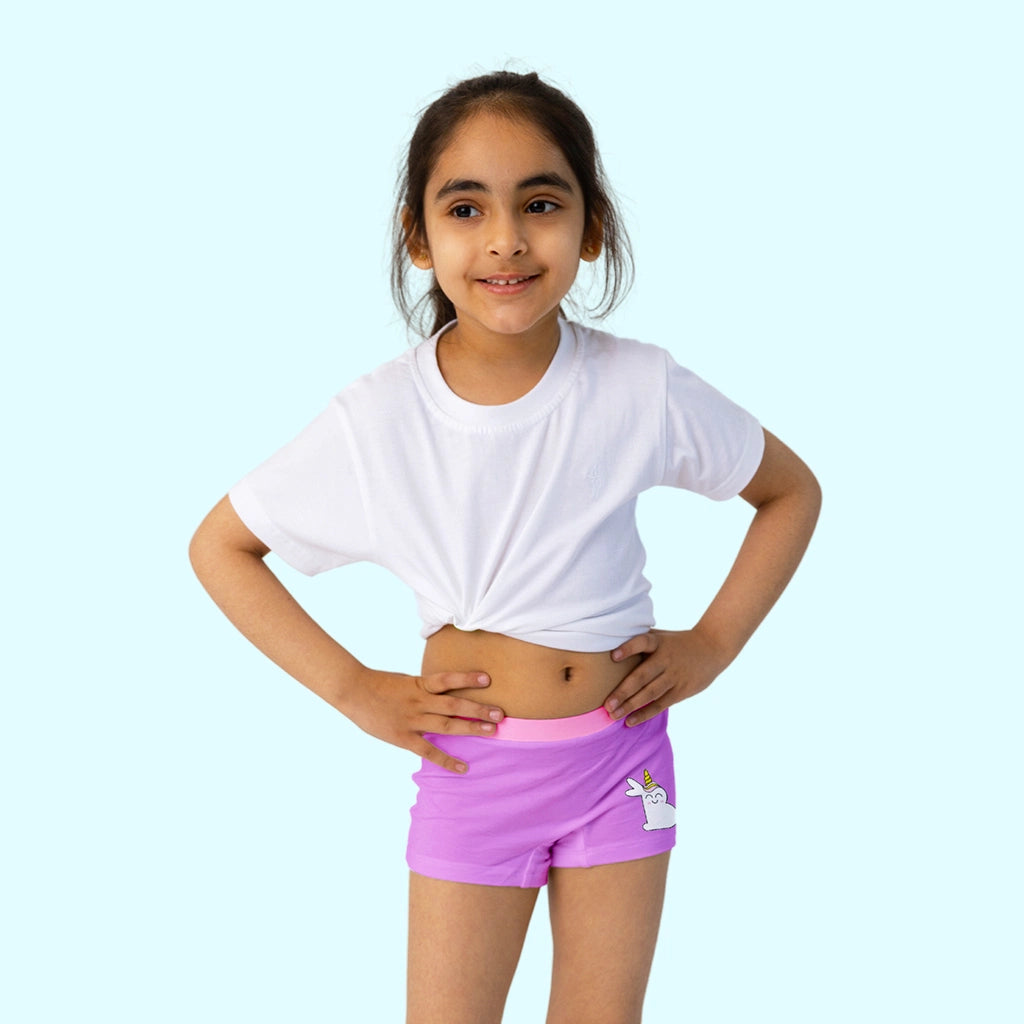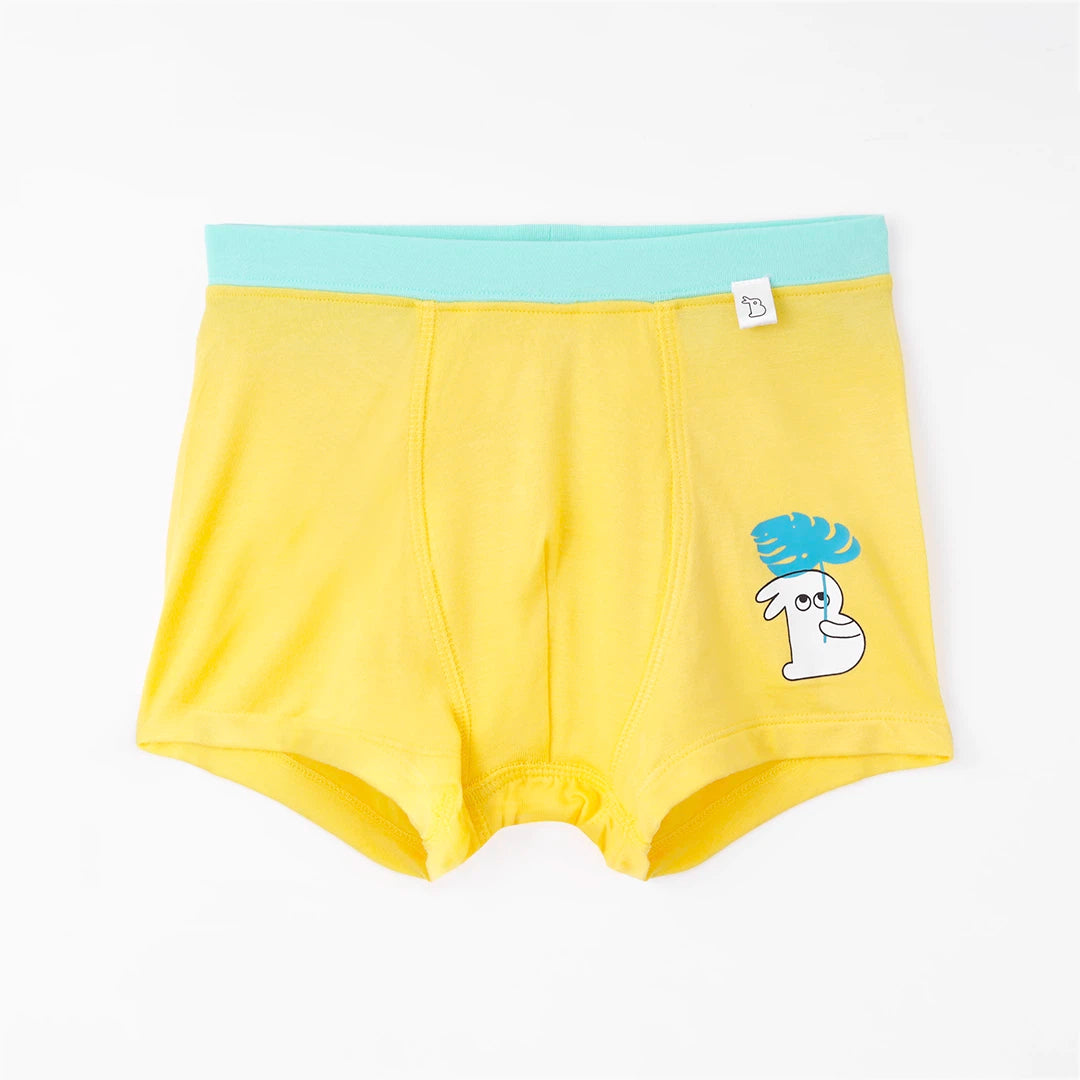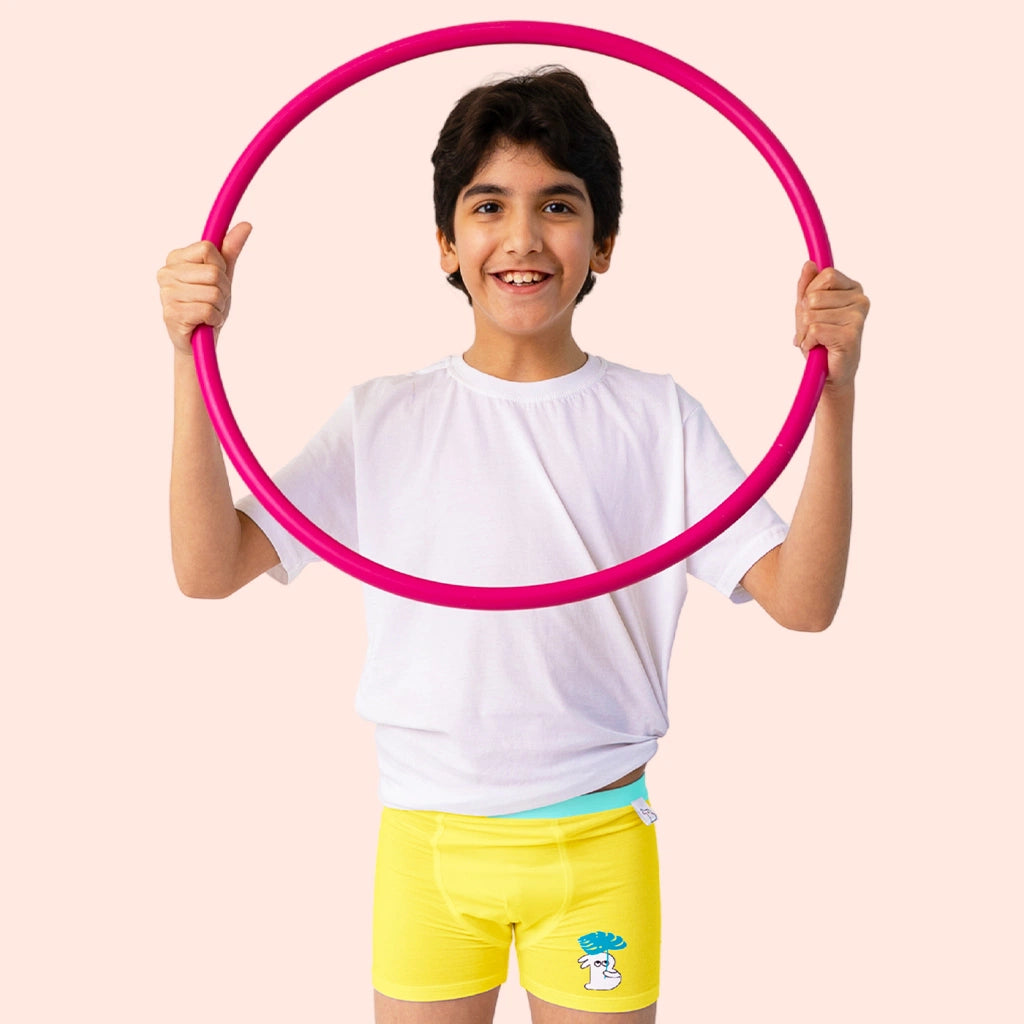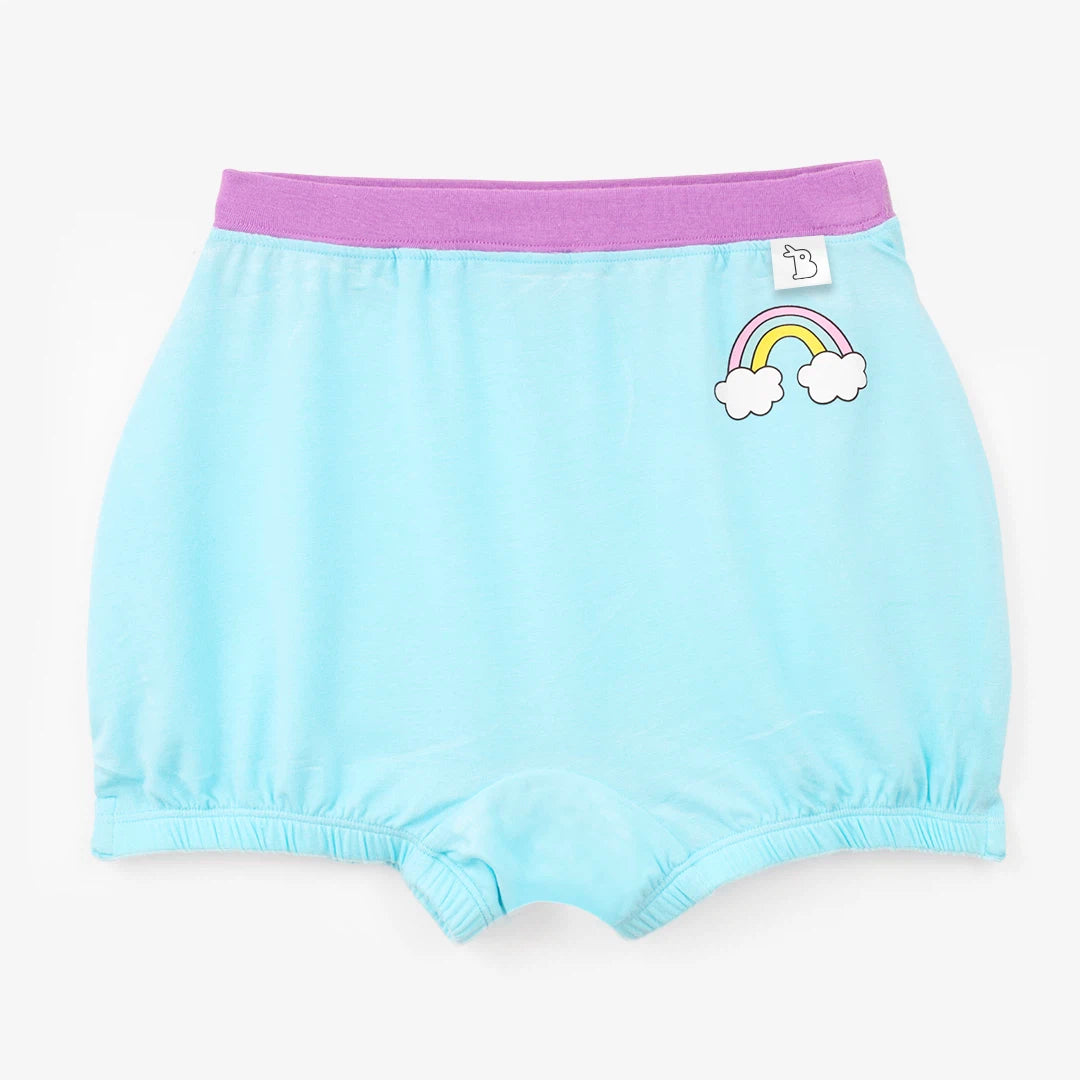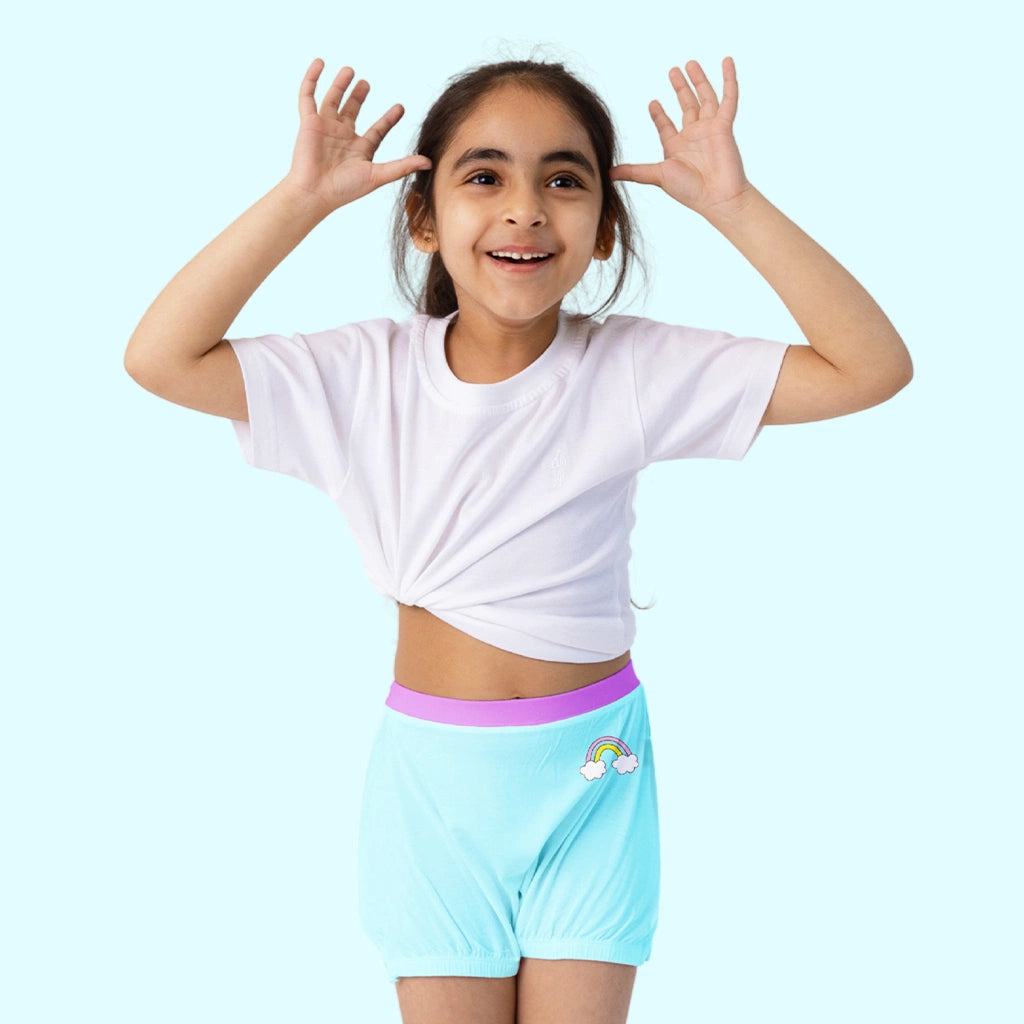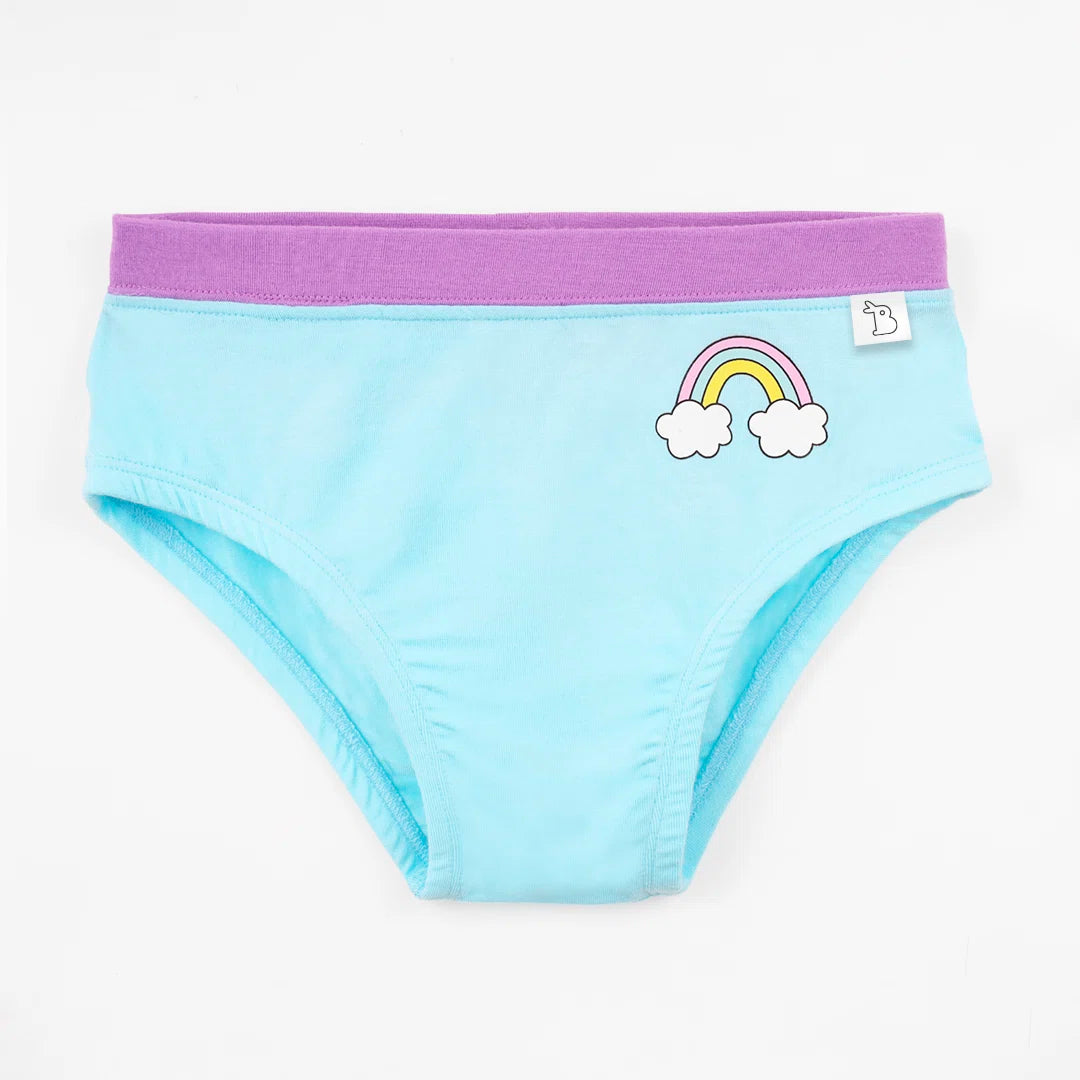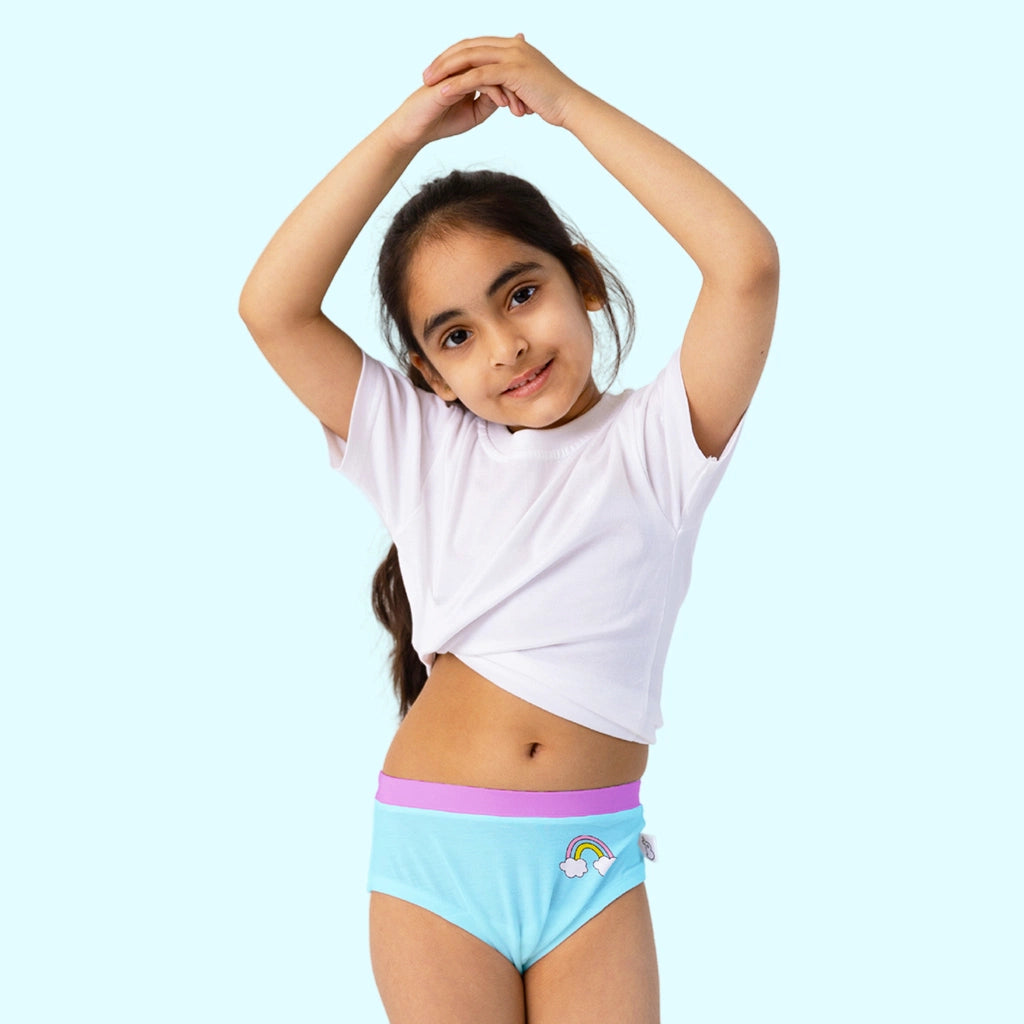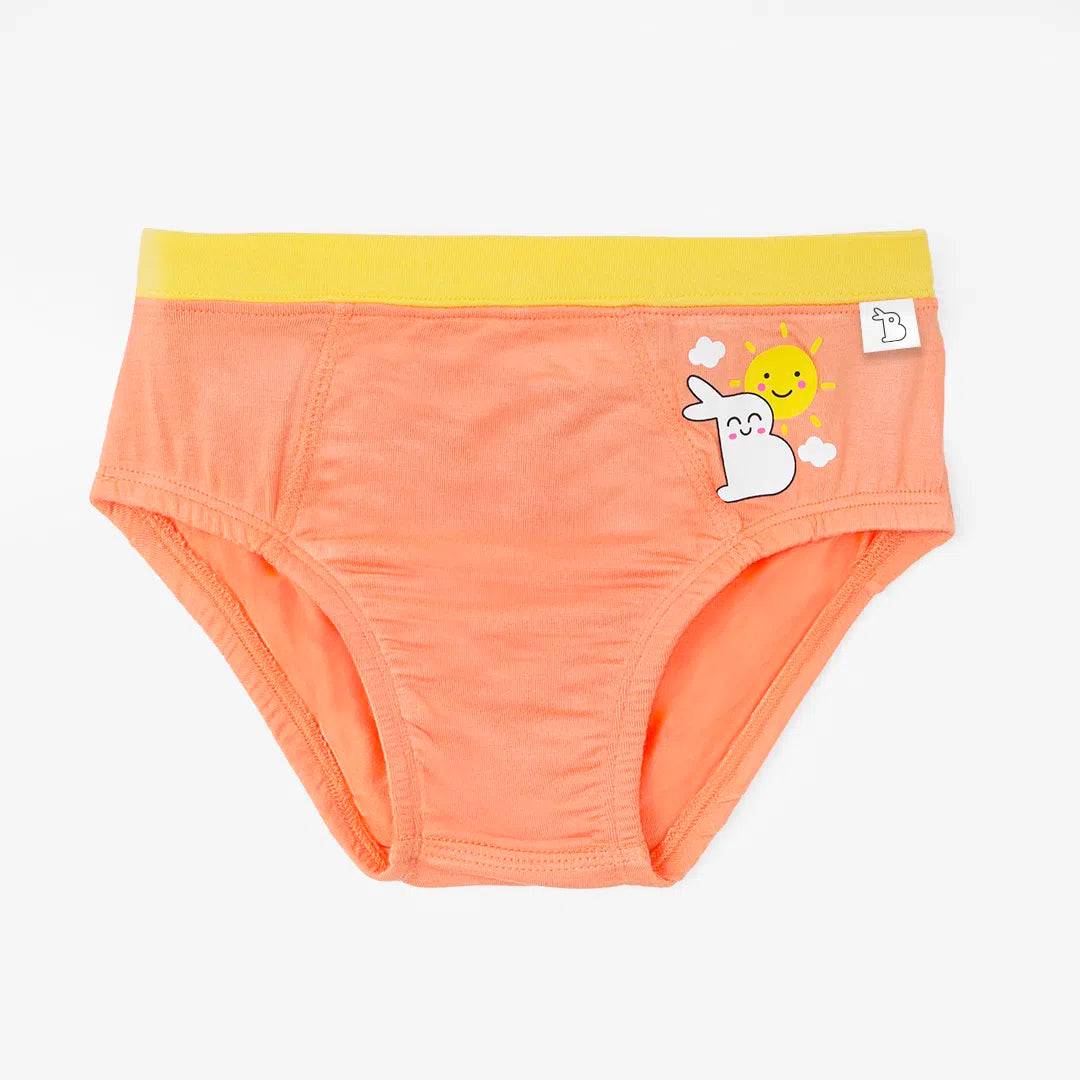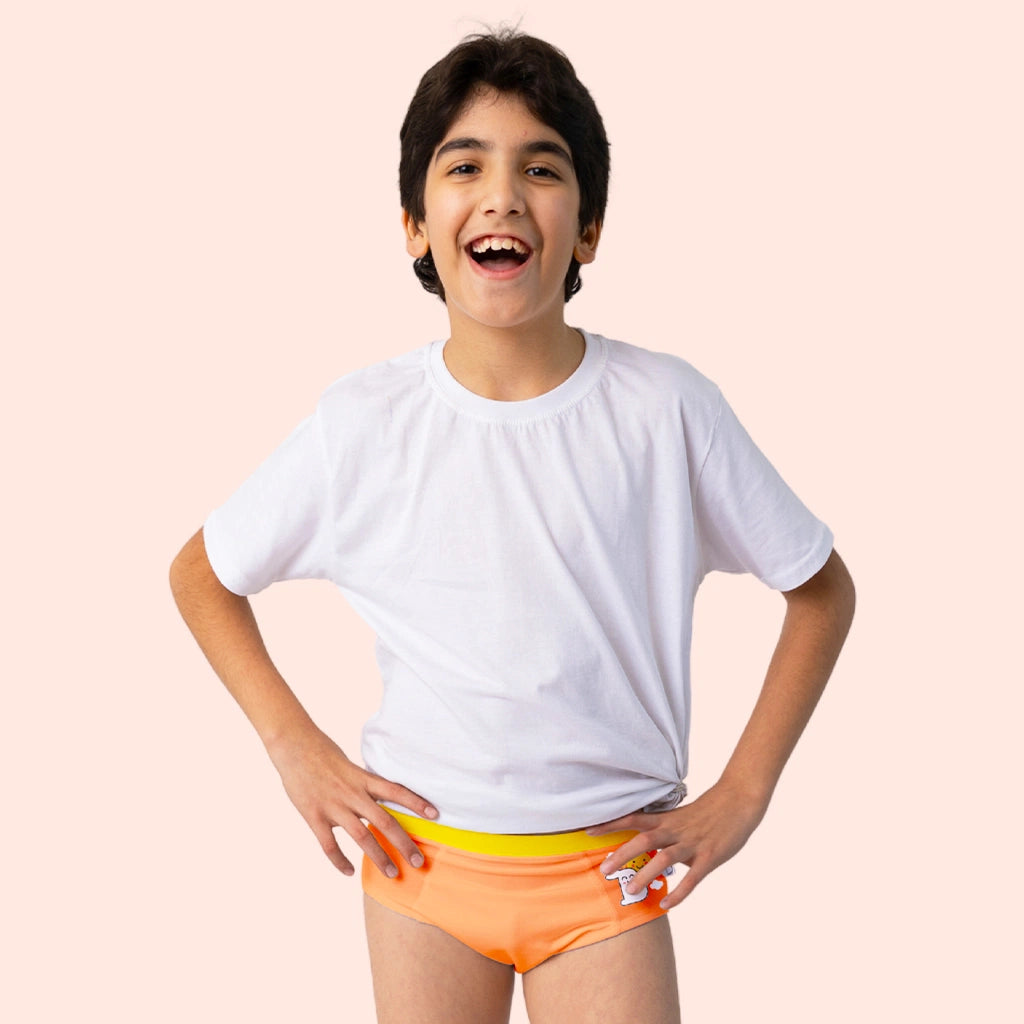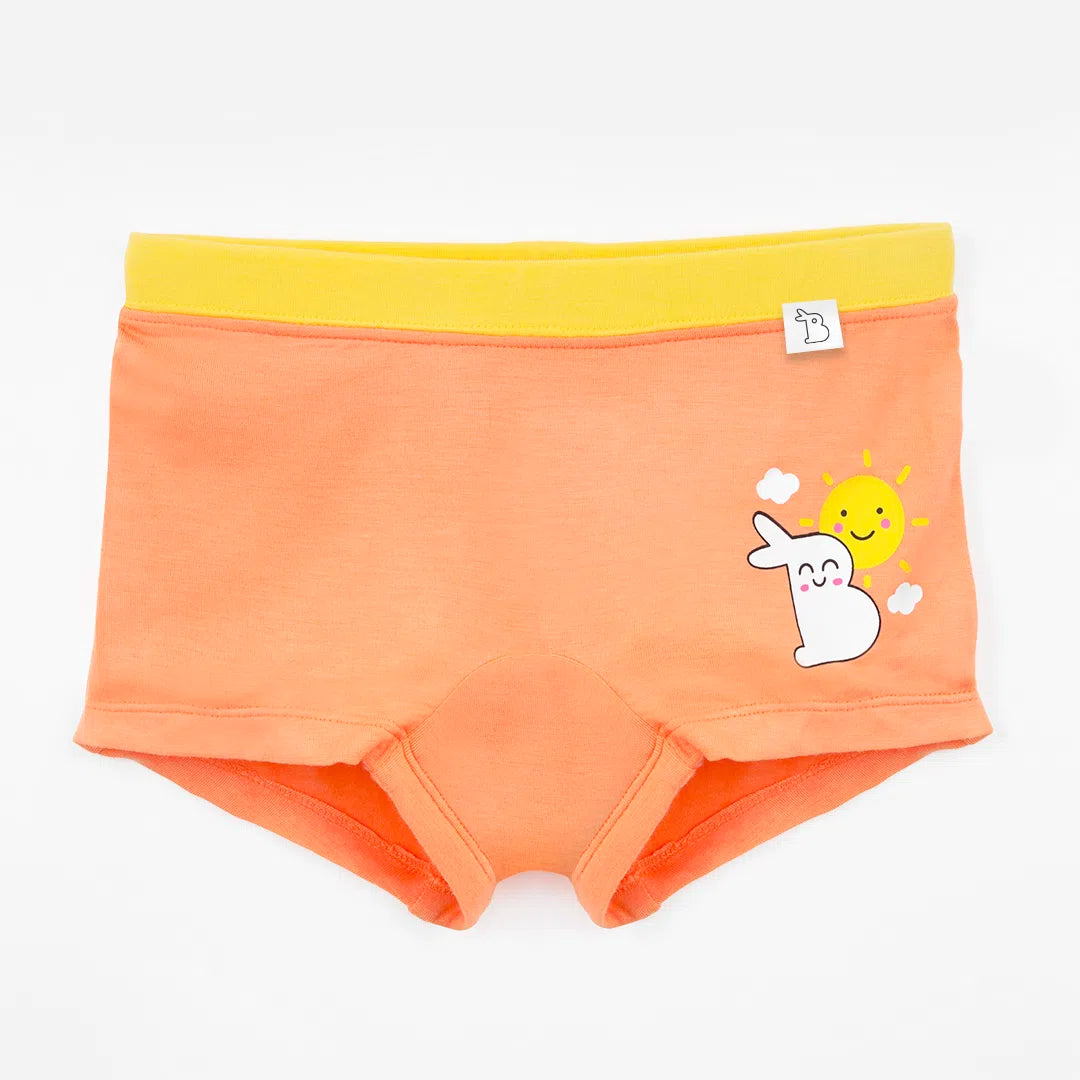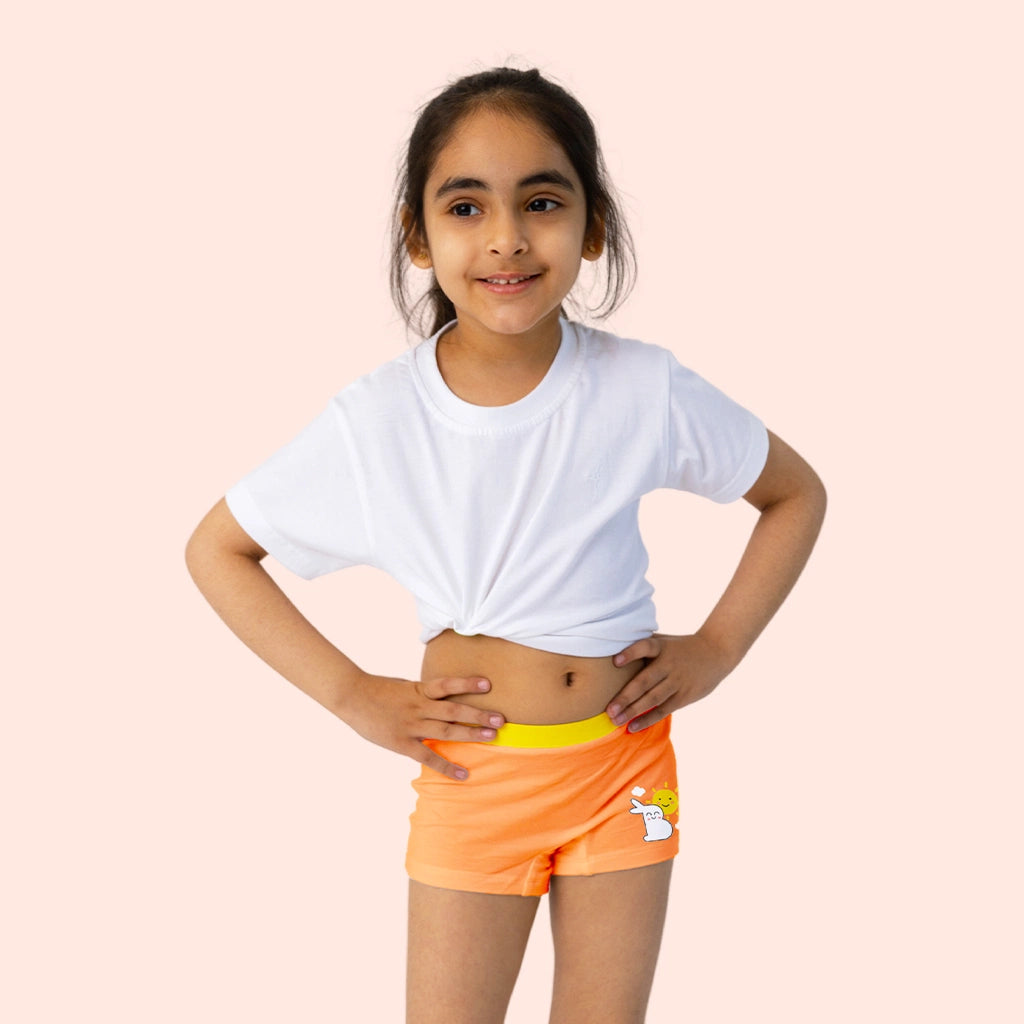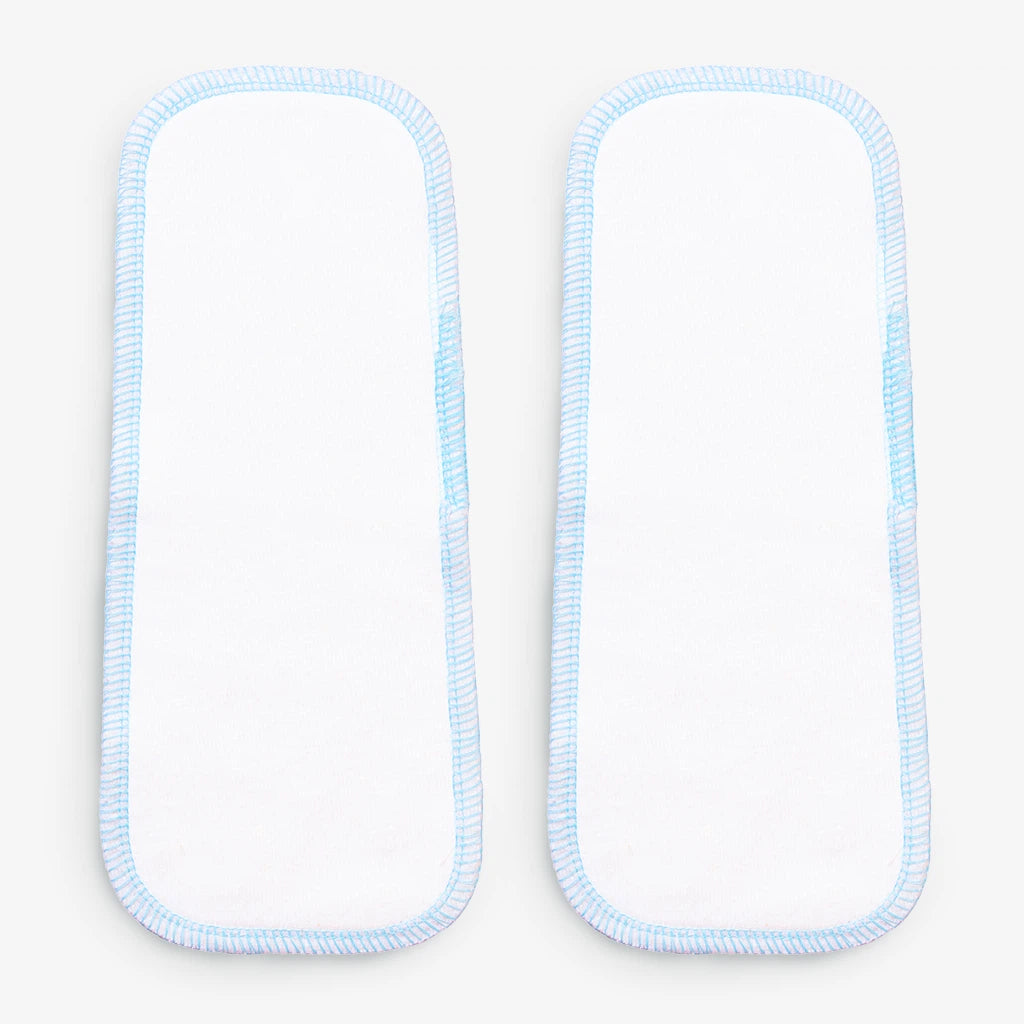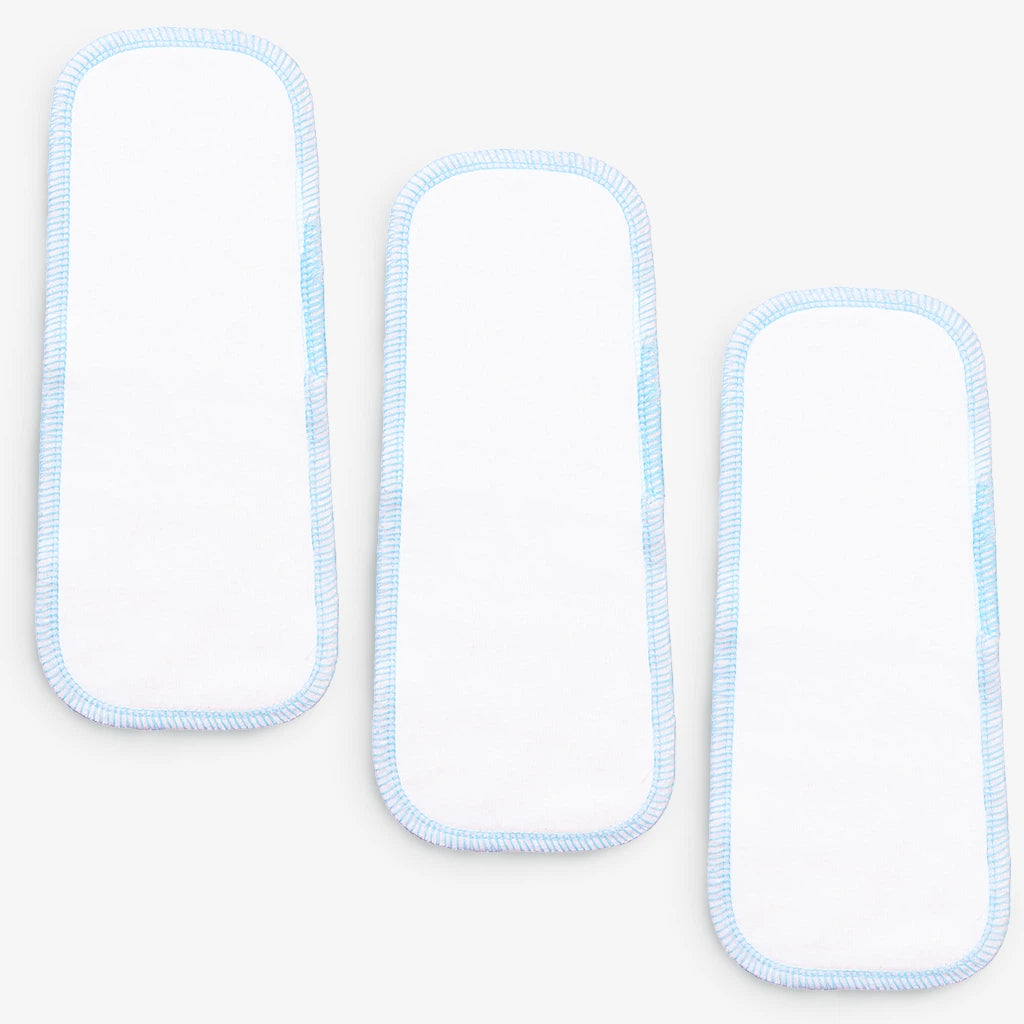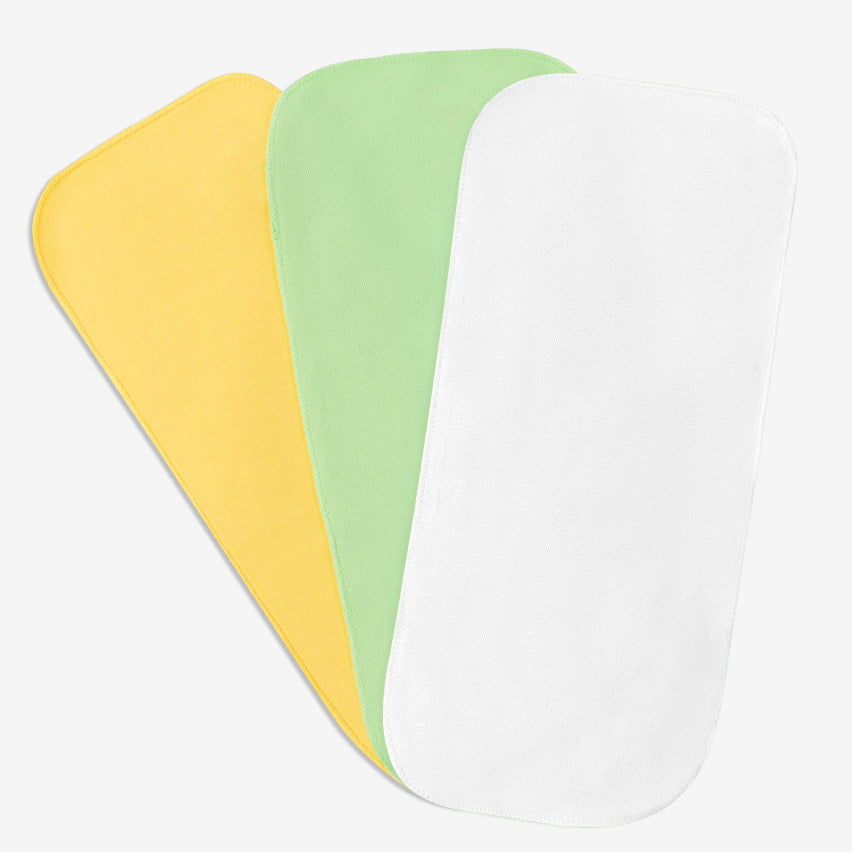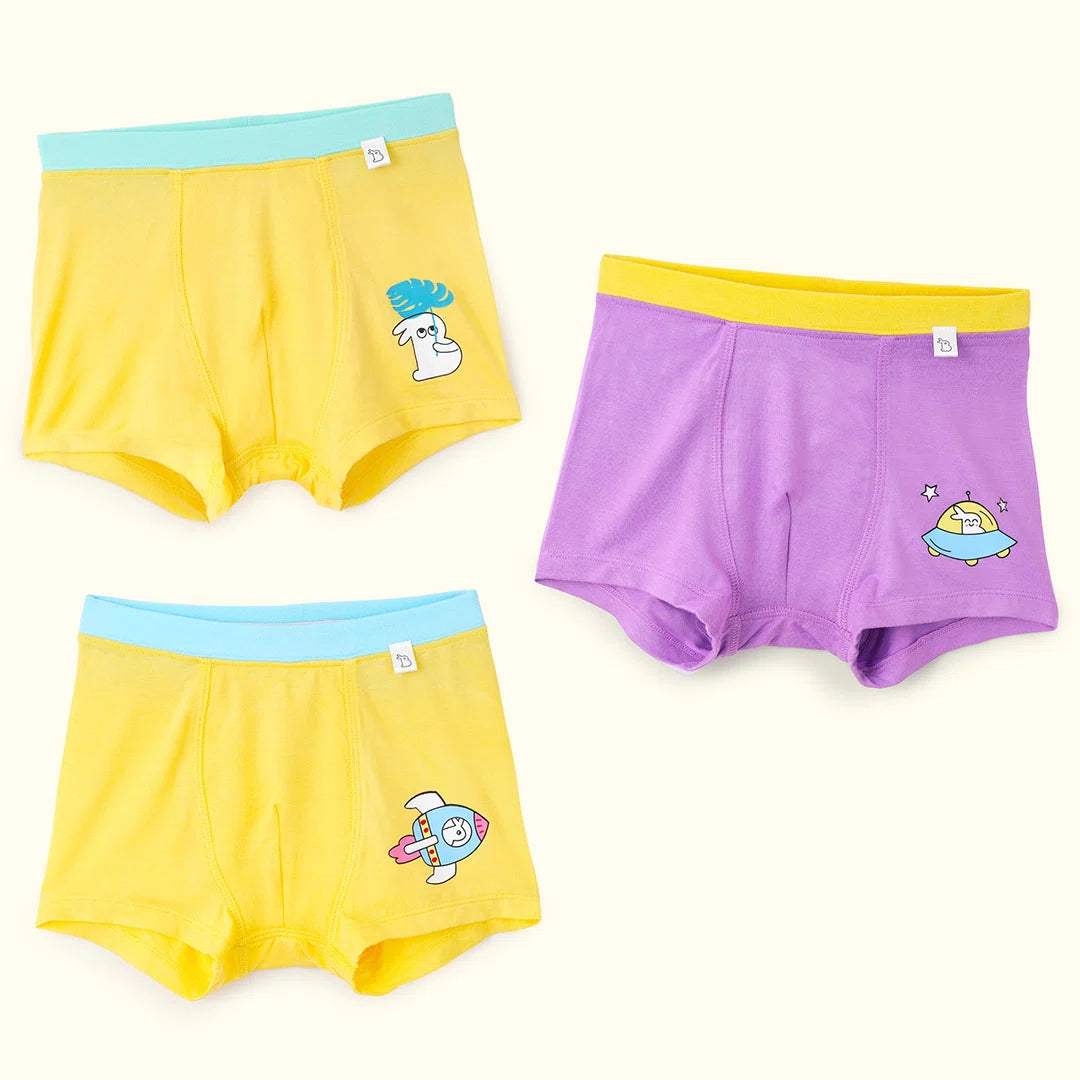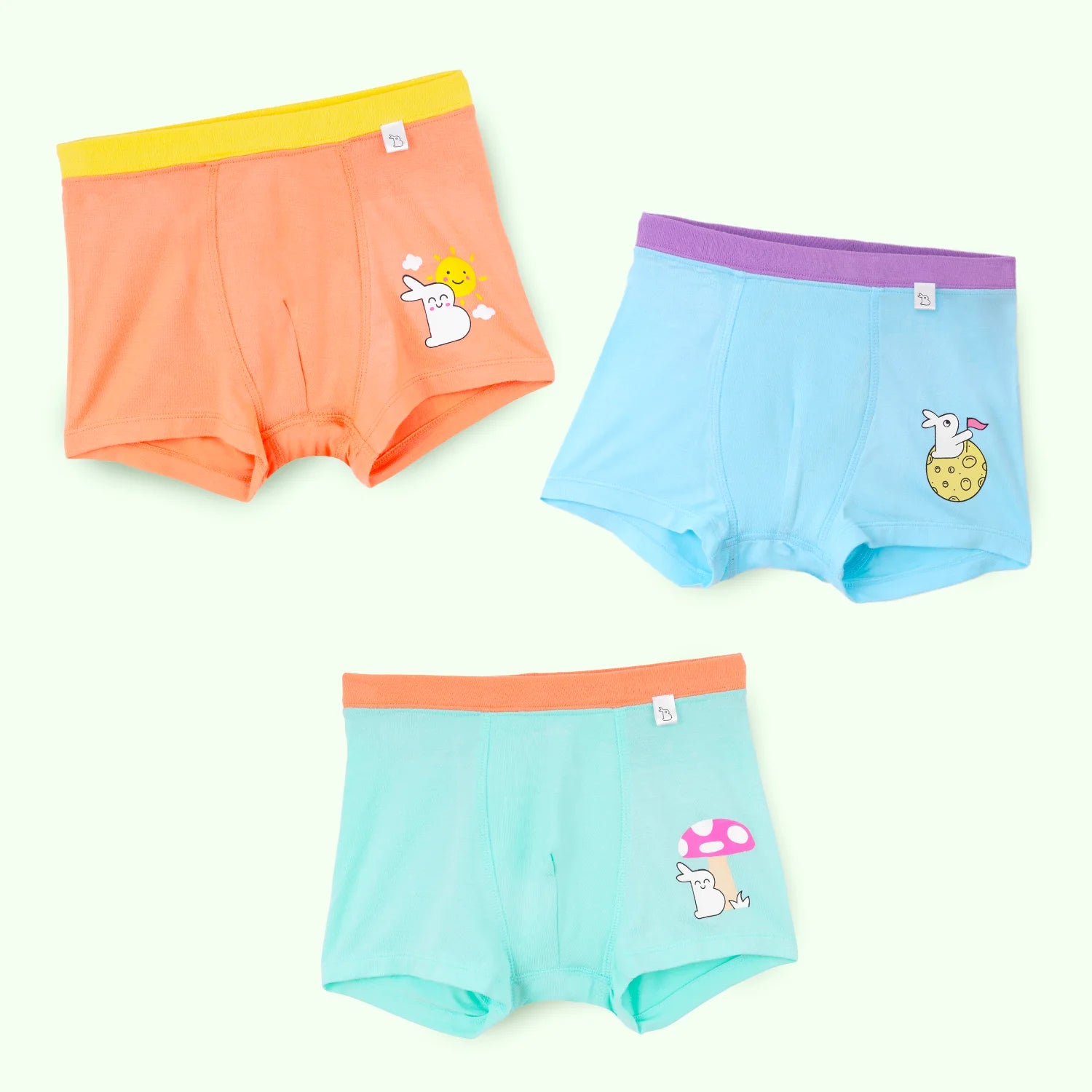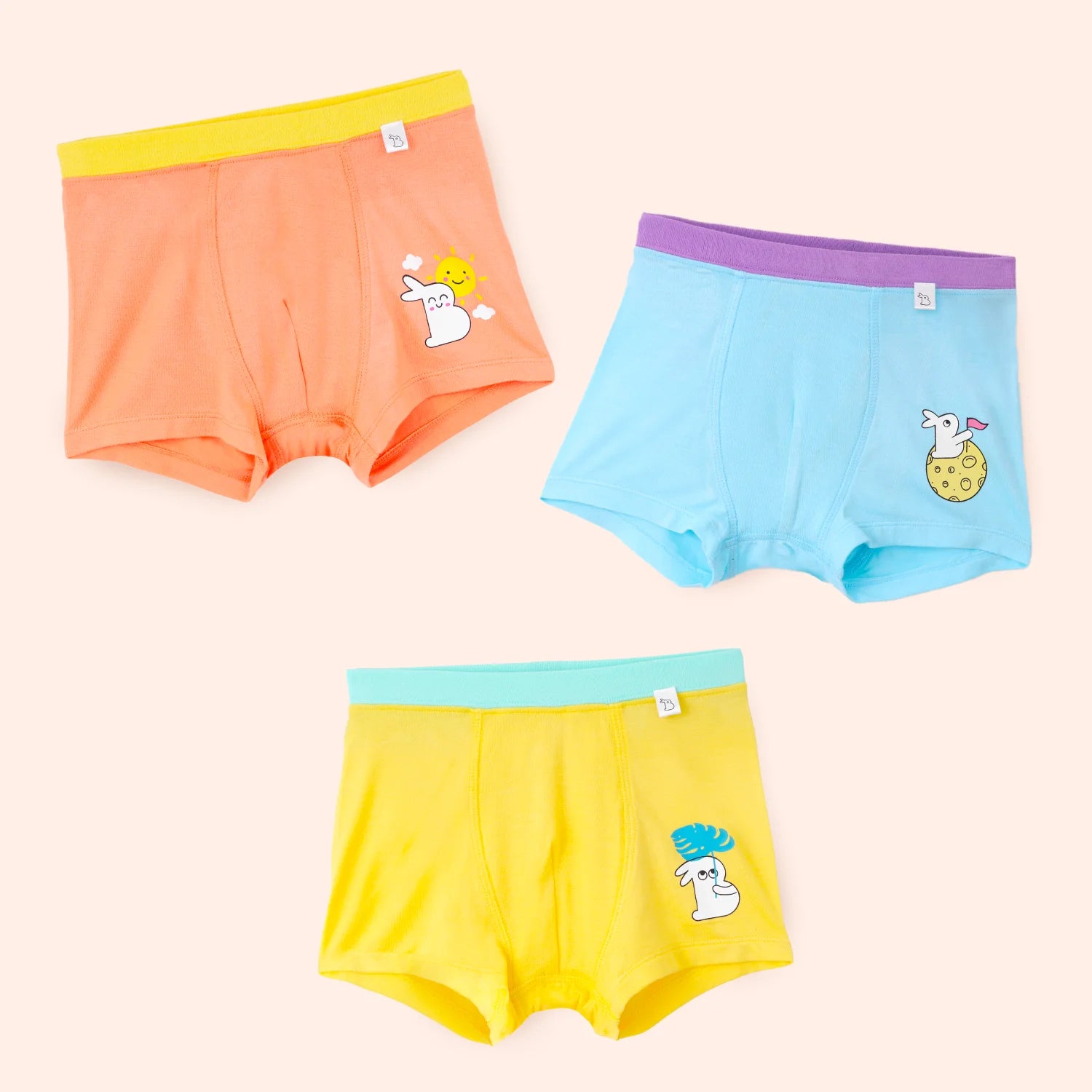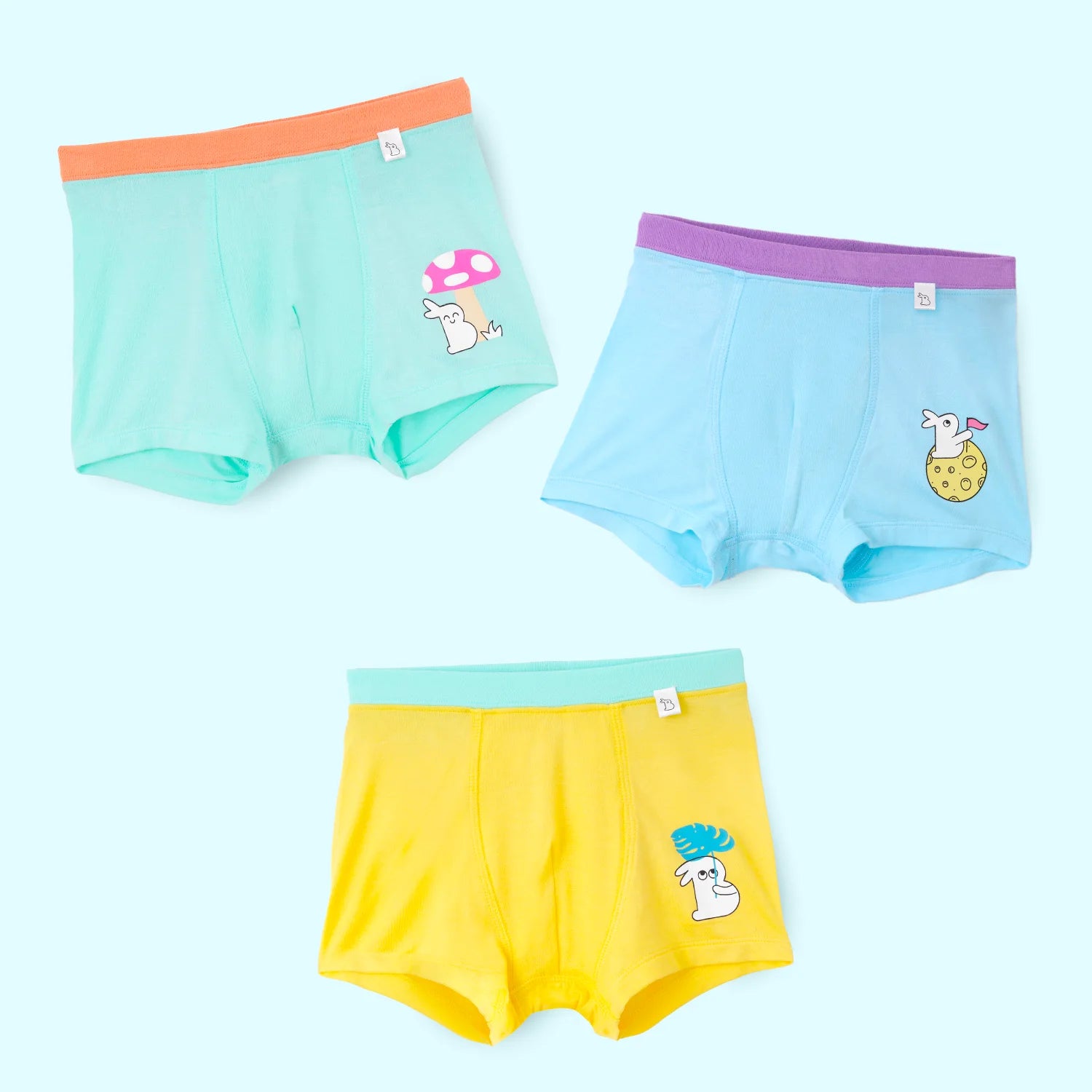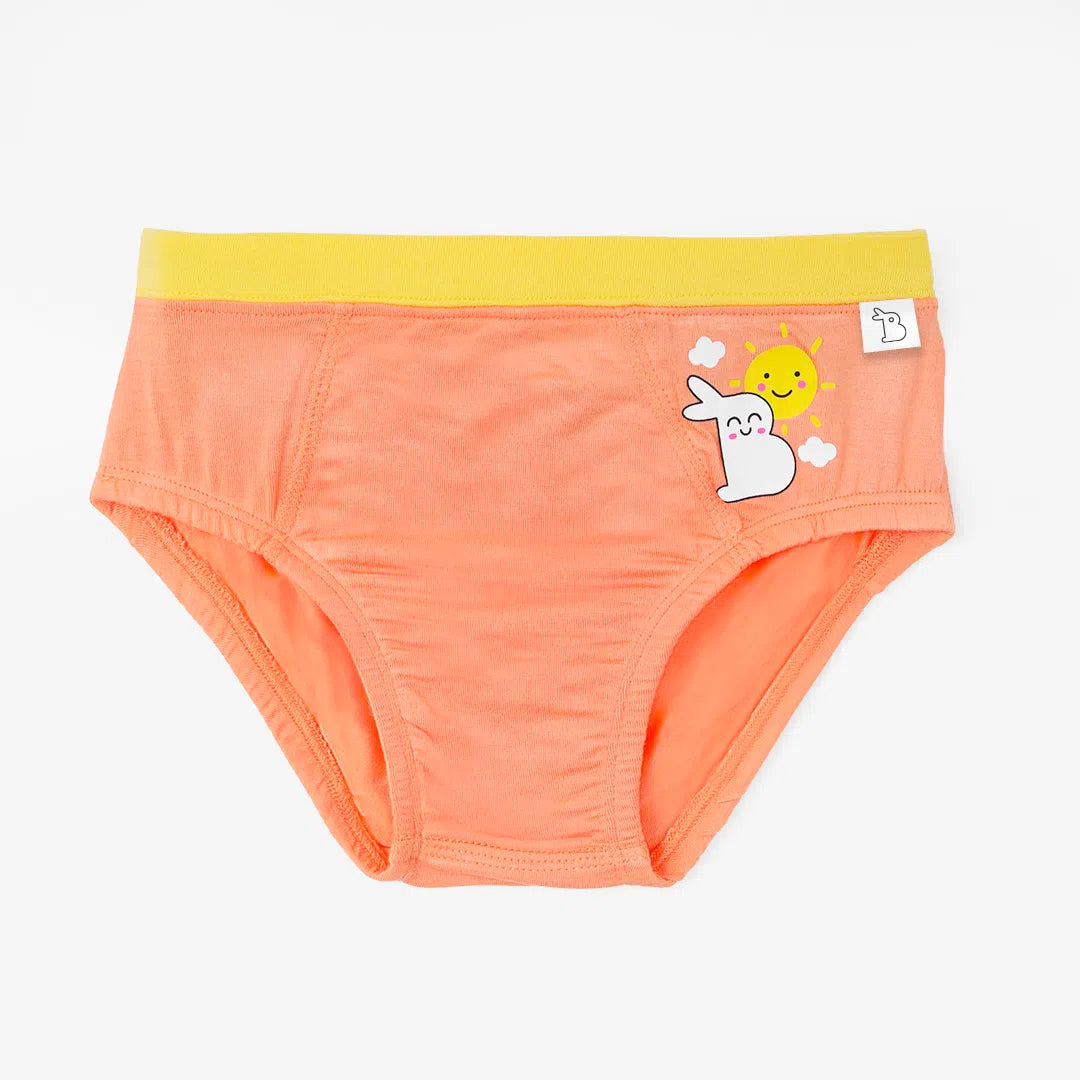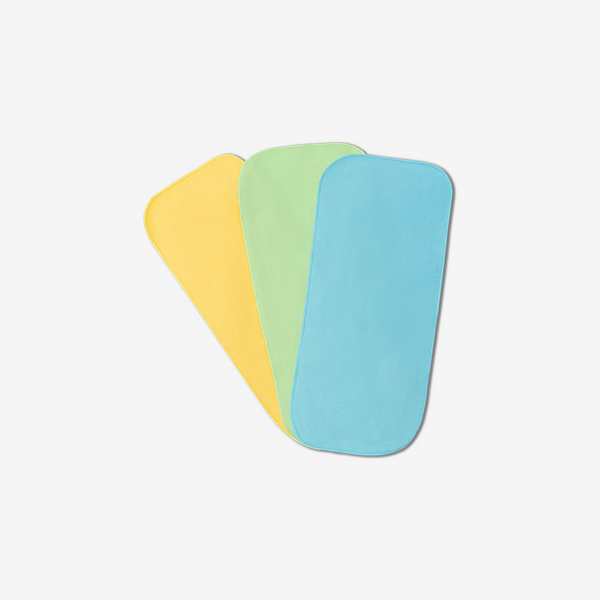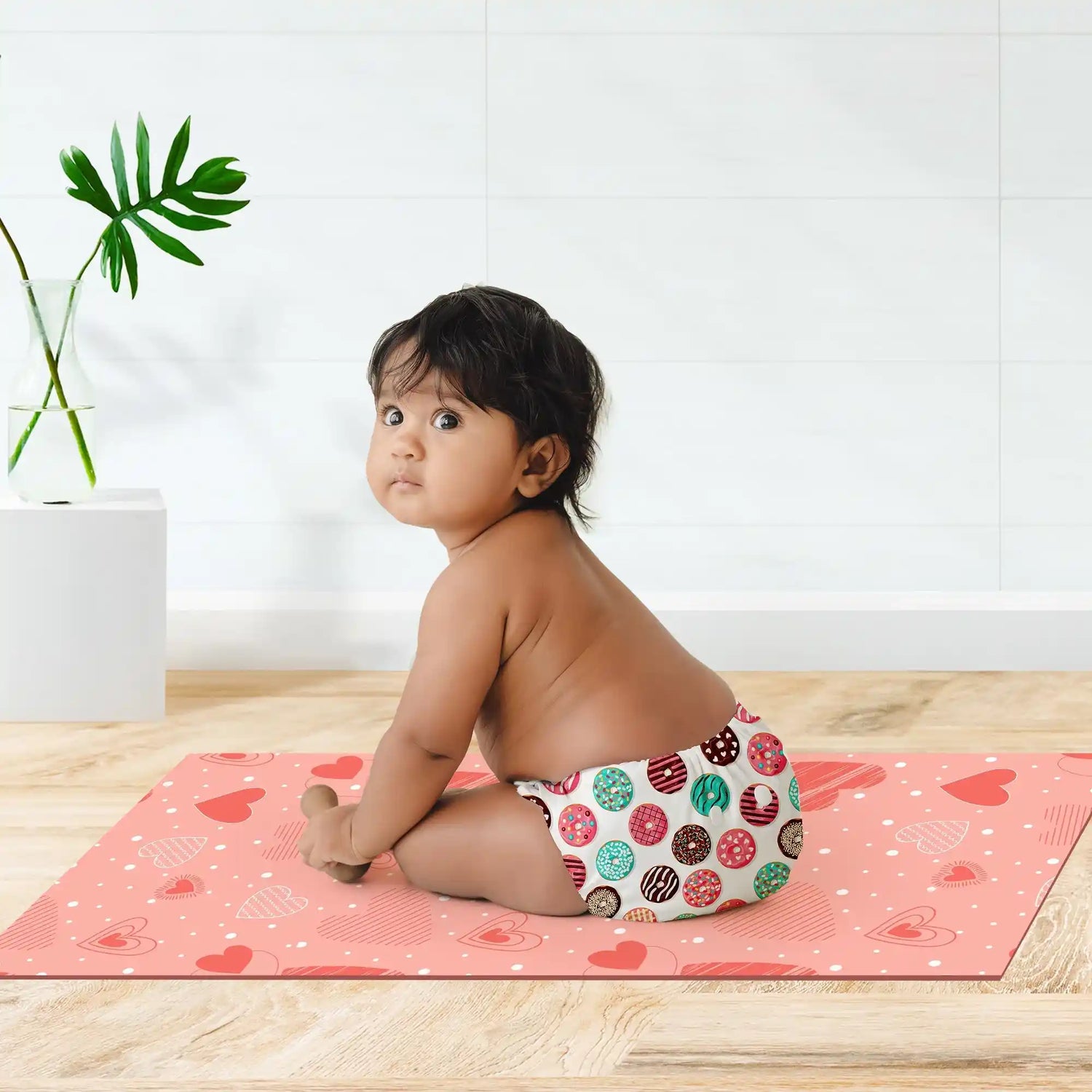The debate between cloth diapers and disposable diapers has become a significant concern in the face of growing environmental concerns. SuperBottoms cloth diapers aim to provide parents with a comprehensive understanding of the environmental considerations involved in this fundamental aspect of childcare.
The debate highlights the importance of understanding the ecological footprint of diapering choices to make informed decisions that align with family needs and environmental responsibility. The comparison considers factors such as environmental impact, cost, convenience, and health considerations, empowering parents to make choices that align with their values and aspirations for a greener future.
Cloth Diapers vs. Disposable Diapers
1. Environmental Impact:
A. Cloth Diapers:
Newborn cloth diapers are reusable diapers that contribute less to landfill waste, contain fewer chemicals, and can be used for multiple children or passed on to other families. They also have a longer lifespan, and some are made from sustainable materials, further reducing their environmental impact. High-quality baby cloth diapers can be passed down through generations and are made from eco-friendly materials like organic cotton, bamboo, or modal.
B. Disposable Diapers:
Disposable diapers are significantly more convenient but contribute to landfill waste due to their long decomposition time and chemical usage. Limited recycling options and the single-use nature of disposable diapers contribute to waste management challenges. The manufacturing and disposal processes of disposable diapers have negative environmental impacts, making them a significant concern for waste management.
2. Cost:
A. Cloth Diapers:
Baby cloth diapers require an initial investment, but over time, they become more cost-effective than disposables. SuperBottoms cloth diapers also provide a wide range of Basic cloth diapers in different styles and comforts that are economically affordable. They can be reused, reducing the need for continuous purchases and contributing to long-term savings. They also have resale value, allowing families to recoup some of their initial investment by selling used diapers. Overall, newborn cloth diapers are a cost-effective and sustainable option for families.
B. Disposable Diapers:
Disposable diapers are a costly and environmentally damaging option for families. They require regular purchases, straining budgets, and contributing to landfill waste. They lack resale value and contribute to environmental issues, as they are single-use items. It may seem more convenient and cost-friendly due to the lower initial investment, but the continuous, ongoing cost throughout the diapering years makes it a bad option for long-term use.
3. Convenience:
A. Cloth Diapers:
Cloth diapers are reusable diapers that reduce the need for frequent store trips and end up saving parents money in the long run. They come with adjustable sizing for babies of different sizes, eliminating the need for constant size changes. Modern cloth diapers feature snaps or Velcro for easy fastening, making diaper changes efficient. Washable cloth diapers require washing, but that can be easily done at home.
B. Disposable Diapers:
Disposable diapers are convenient for busy parents and easy to dispose of after use. However, they require frequent purchases, leading to frequent trips to the store and potential financial strain. They come in specific sizes, requiring parents to buy new ones as their baby grows. Dependence on specific brands and sizes in stores can be inconvenient, as unexpected shortages can cause stress and inconvenience.
4. Health Considerations:
A. Cloth Diapers:
Cloth diapers for babies are made from breathable materials like cotton, reducing the risk of diaper rash and containing fewer chemicals compared to disposable ones. They offer customizable absorbency and can be customized with inserts, reducing moisture exposure. Some parents believe cloth-diapered babies may become more aware of wetness, potentially leading to earlier potty training. Organic or sustainable cloth diapers are considered healthier for the environment and are generally considered better for a baby's skin due to fewer chemicals and additives.
B. Disposable Diapers:
Disposable diapers may contain chemicals, fragrances, and dyes that can cause irritation or allergic reactions in babies. They may also increase the incidence of diaper rash due to synthetic materials and chemicals. While disposable diapers keep babies dry, prolonged exposure to moisture can contribute to rash.
Heat-trapping materials may increase the temperature in the diaper area, making it uncomfortable. The environmental impact of disposing of large quantities of disposable diapers in landfills may indirectly affect public health and the ecosystem.
5. Availability and Accessibility:
A. Cloth Diapers:
Newborn cloth diapers are a popular choice for parents due to their durability, cost-effectiveness, and eco-friendliness. They come in various styles, designs, and materials, including flats, fitted, pocket, and all-in-one options. Local and small businesses produce newborn cloth diapers, supporting local economies and providing a diverse range of products. Cloth diapers are increasingly available online and in some local stores, offering a variety of brands, styles, and price ranges.
B. Disposable Diapers:
Disposable diapers are widely available in stores and online, offering a variety of brands and styles. However, they have a limited variety compared to reusable cloth diapers, contributing to a single-use cycle and less environmental friendliness. Disposable diapers are often dominated by major brands, potentially limiting their innovation and consumer choices.
The convenience of disposable diapers comes with a continuous cost, as parents need to regularly purchase new supplies. Large multinational corporations often produce disposable diapers, limiting opportunities for local and small businesses.
6. Ease of Use:
A. Cloth Diapers:
Cloth diapers for newborns are modern, easy-to-use designs with adjustable sizing for growing babies and eco-friendly fabric choices. They can be more cost-effective in the long run, especially when used for multiple children or passed on to other families. Regular changes can reduce the risk of diaper rash due to better airflow and less exposure to harsh chemicals.
Modern newborn cloth diapers feature pocket inserts, all-in-ones, and easy-to-use snaps or Velcro, making them user-friendly for parents. Active online communities and forums provide parents with tips, reviews, and support for using baby cloth diapers, making them a valuable choice for new parents.
B. Disposable Diapers:
Disposable diapers, designed for single use, contribute to long-term landfill waste and environmental concerns. They come in standard sizes and have limited adjustments for different body shapes, potentially causing less optimal fits for some babies.
Disposables also contribute to landfill waste and take a long time to decompose, further exacerbating environmental issues. Despite their convenience, the continuous need to purchase disposable diapers incurs ongoing costs for parents.
|
Limited Time Offers + Special Gift Sets! Now or never Super SALE is live on the SuperBottoms website! Take advantage of unbeatable value deals on our UNO Cloth Diapers, Baby Essentials, and more. Looking for the perfect present for a newborn or a toddler? Explore our thoughtfully curated Gift Sets & Combos — safe, skin-friendly, and oh-so-cute! A bundle of love for little ones and a delight for parents. HURRY — Deals and Gift Packs are live only till stocks last. Don’t miss the chance to stock up and share the joy! |
7. Long-Term Impact:
A. Cloth Diapers:
Baby Cloth diapers have a lower long-term environmental impact due to their reusable nature, which can be passed down to siblings or resold. With proper care, they can be used for multiple children and contribute less to landfill waste. Despite their initial cost, they result in significant savings over time.
Cloth diapers for babies contain fewer chemicals than disposable ones, benefiting a baby's sensitive skin. They can be passed down to siblings, extending their lifespan and reducing the need for new diaper purchases. Some reusable cloth diapers are made from sustainable materials, making them an environmentally conscious choice.
B. Disposable Diapers:
Disposable diapers are a convenient and cost-effective solution for parents, but their continuous use can lead to significant costs over the years. They also have a long-term environmental impact, as they decompose slowly in landfills, causing increased waste and potential harm. They may contain chemicals, fragrances, and absorbent polymers, potentially causing skin sensitivities. Additionally, their production requires significant resources, contributing to resource depletion and energy consumption.
Key Takeaways:
1. The choice between cloth and disposable diapers depends on personal preferences and lifestyles.
2. Disposable diapers offer convenience but have a single-use nature and environmental repercussions, emphasizing the need for eco-friendly alternatives.
3. This comparison shows that reusable cloth diapers offer sustainability, cost savings, and a reduced environmental footprint, whereas disposable diapers have negative environmental impacts, ongoing costs, and potential health concerns.
Frequently Asked Questions
Q1. Can cloth diapers be as convenient as disposable diapers in terms of ease of use?
Ans. Modern cloth diapers have been made to be user-friendly, with adjustable sizes and simple washing routines. This makes them just as convenient as disposable diapers.
Q2. Are disposable diapers a potential cause of diaper rash and skin irritation in babies?
Ans. Using disposable diapers can cause diaper rash and skin irritation in some babies because of the chemicals and fragrances they contain. However, these problems can be reduced by using cloth diapers.
Message from SuperBottoms
Hi there, new parents! SuperBottoms brings you doctor-recommended cloth diapers — the best rash-free diapering solution for your baby’s sensitive and delicate skin. Unlike disposable diapers loaded with chemicals, our newborn cloth diapers, when used and washed properly, can help eliminate the risk of diaper rashes. SuperBottoms offers a wide range of safe, skin-friendly essentials for the whole family — including Reusable Cloth Diapers, Diaper Pants, DryFeel langots for diaper-free time, Padded Underwear for potty training, SuperSoft Underwear for everyday comfort, Joggers for playful days, and Period Underwear for women. Not just for everyday use, SuperBottoms products also make the best gifting choice for babies — thoughtful, eco-friendly, practical, and loved by parents. Now available on Amazon, Myntra, Flipkart, FirstCry, Zepto, Swiggy and Blinkit.



